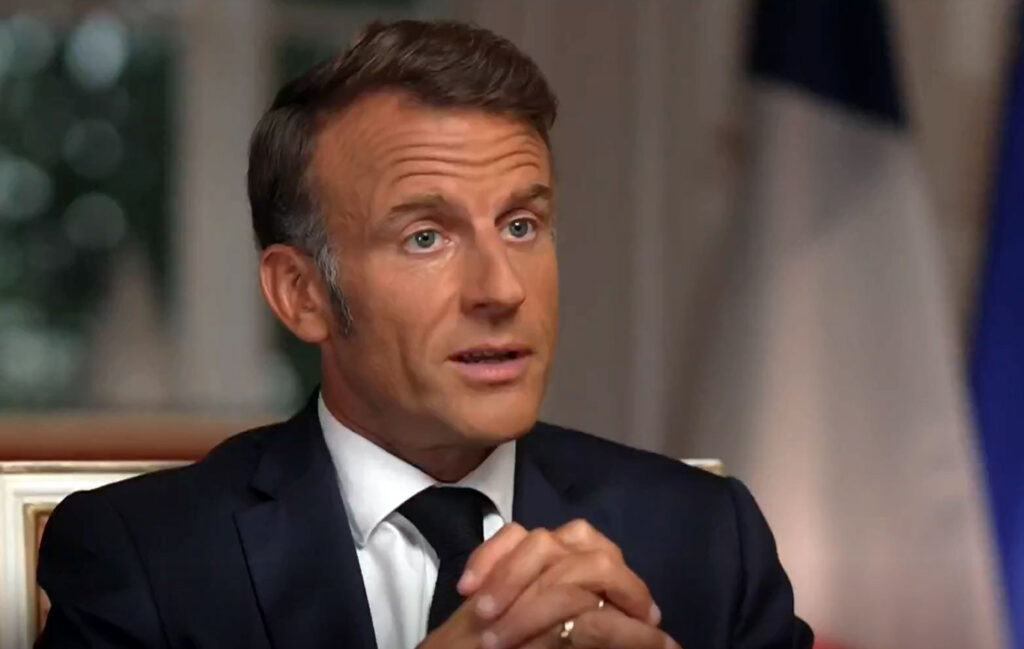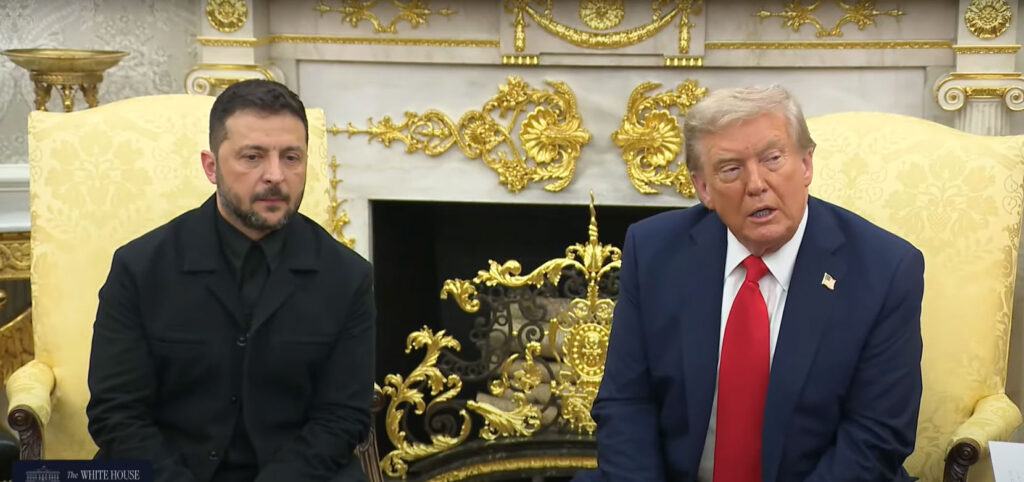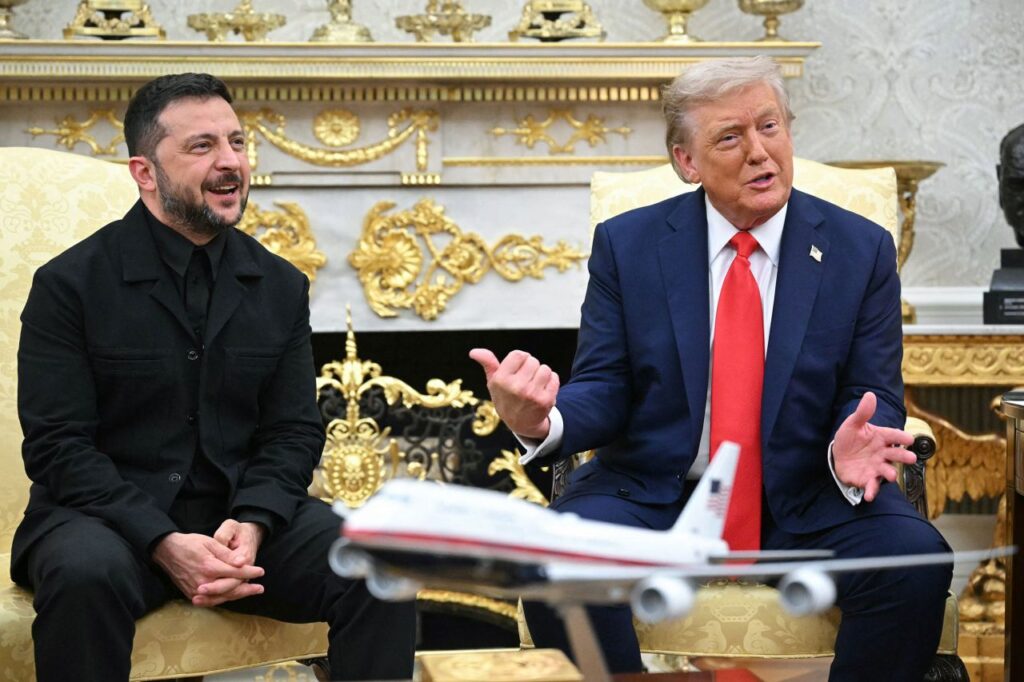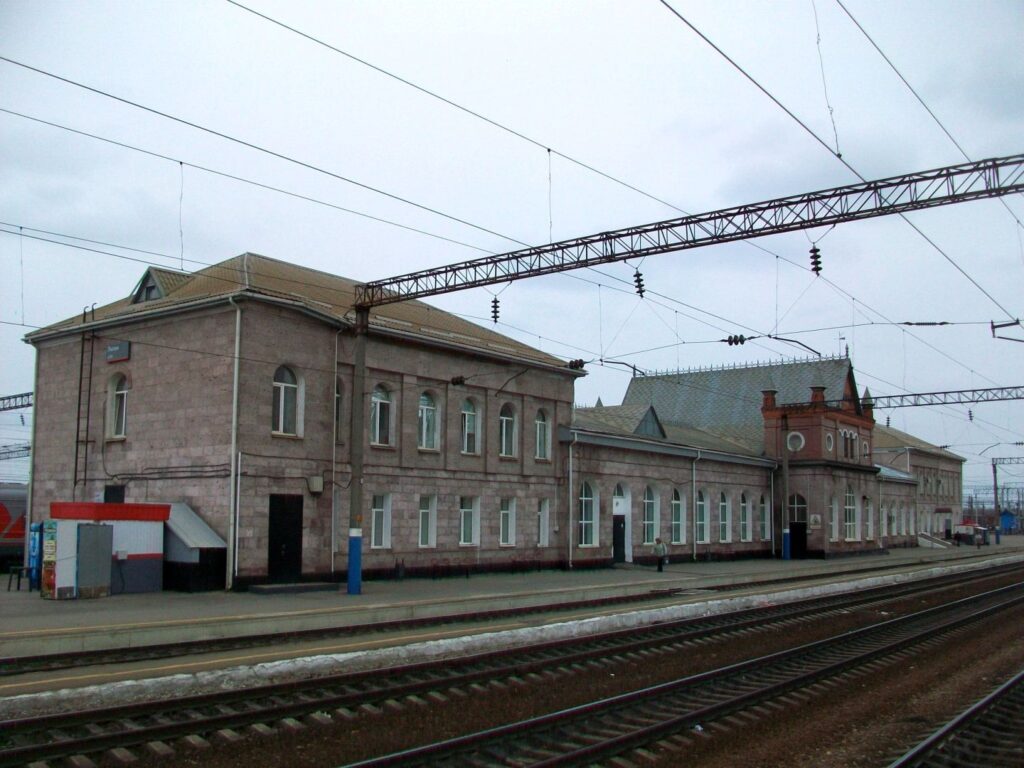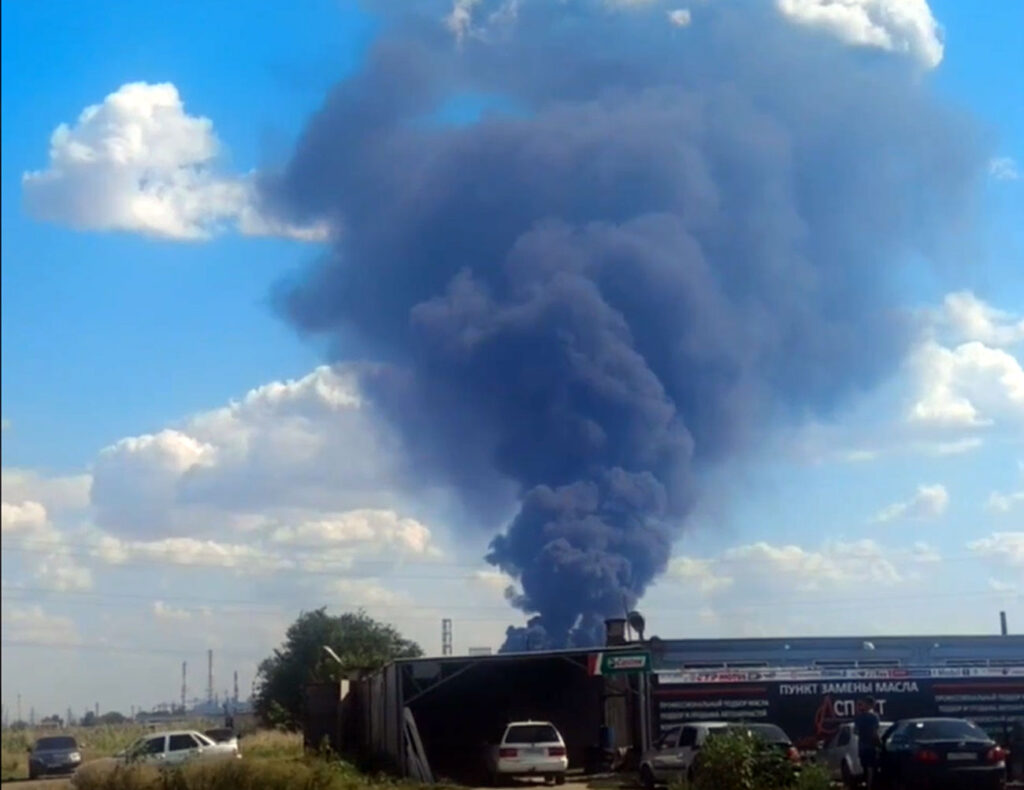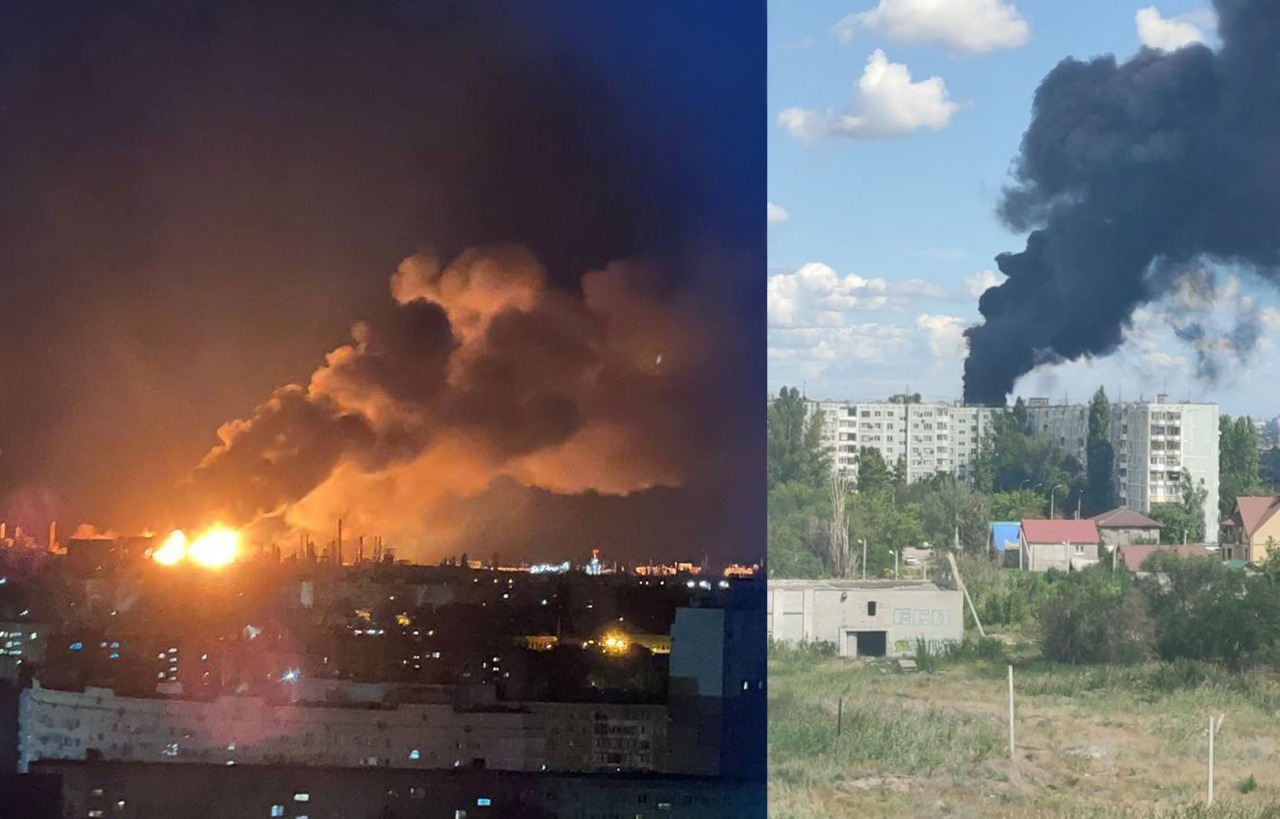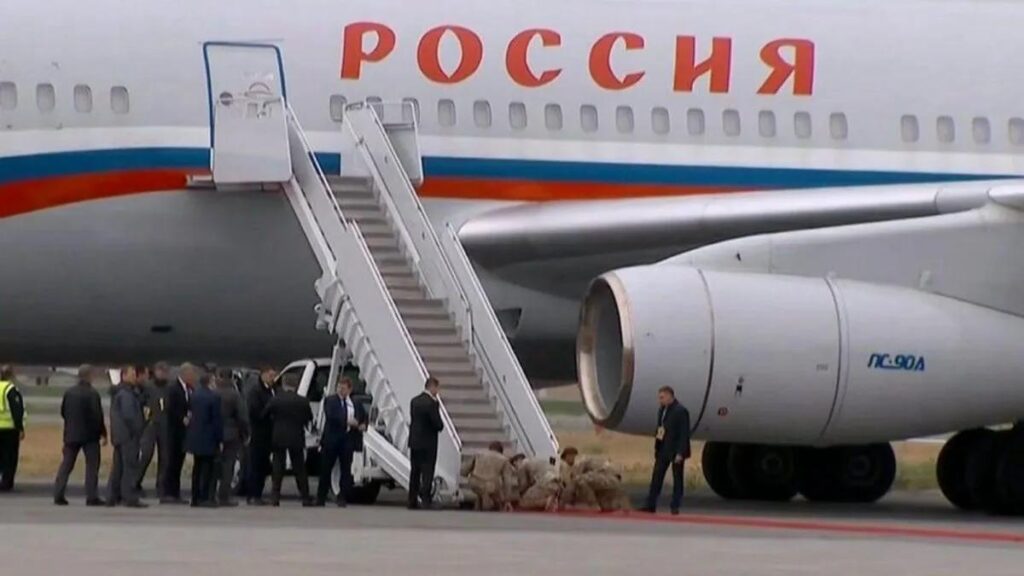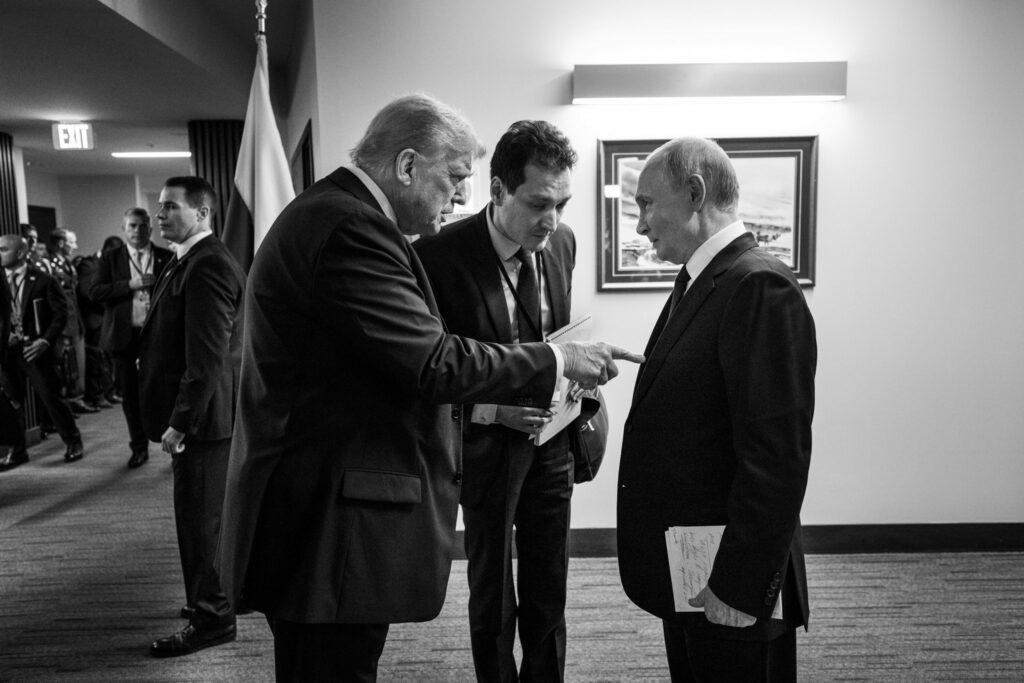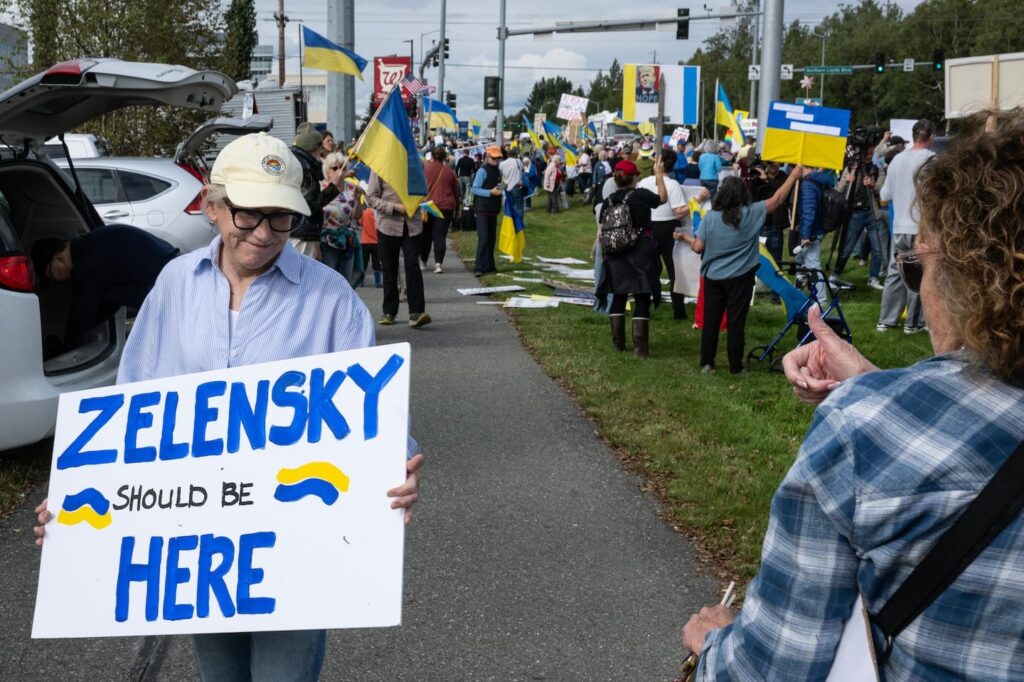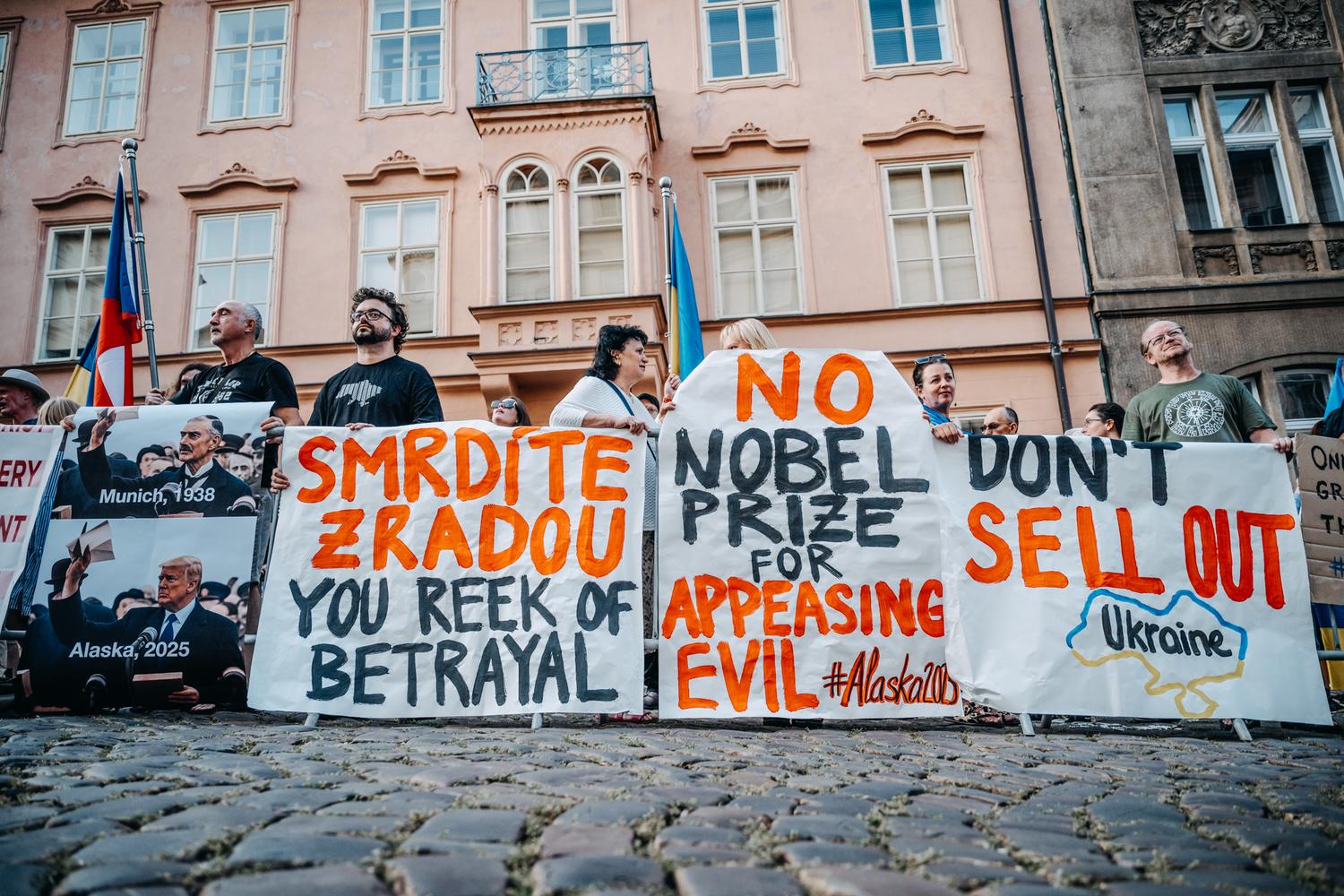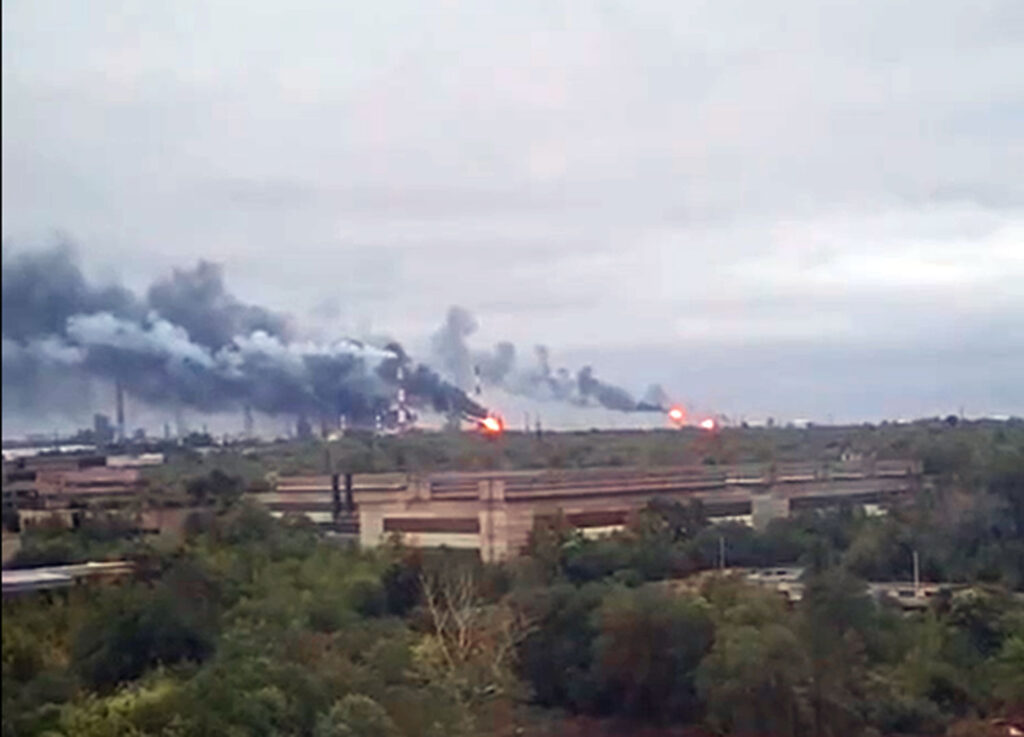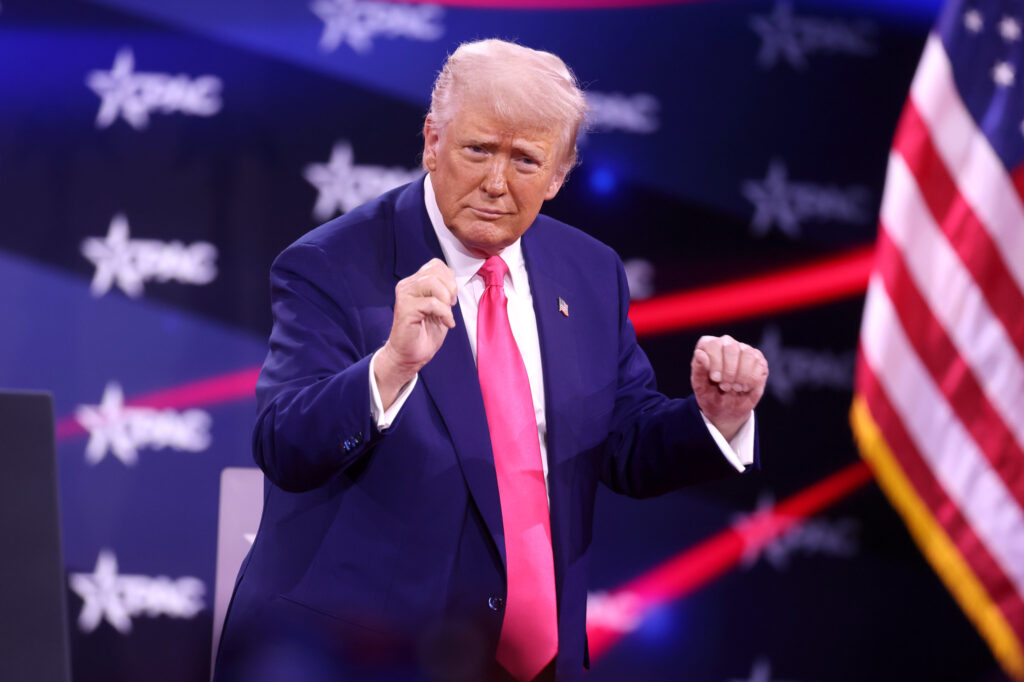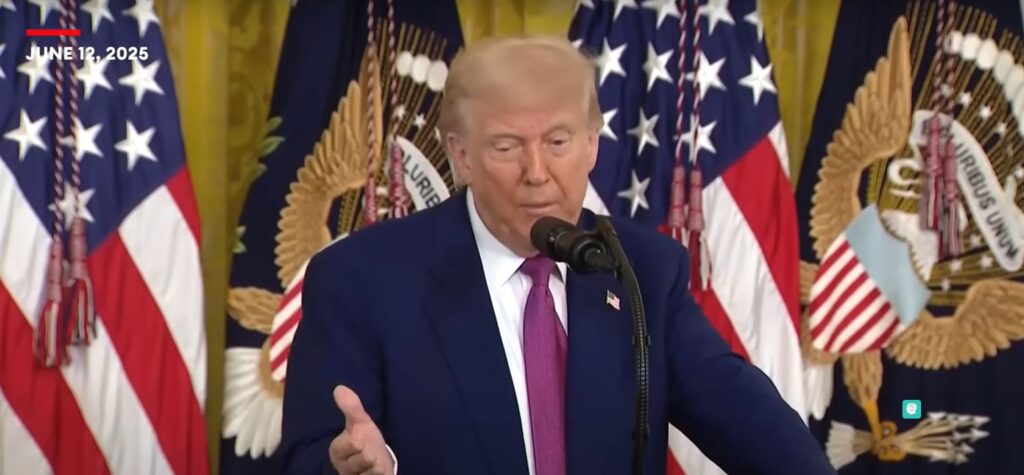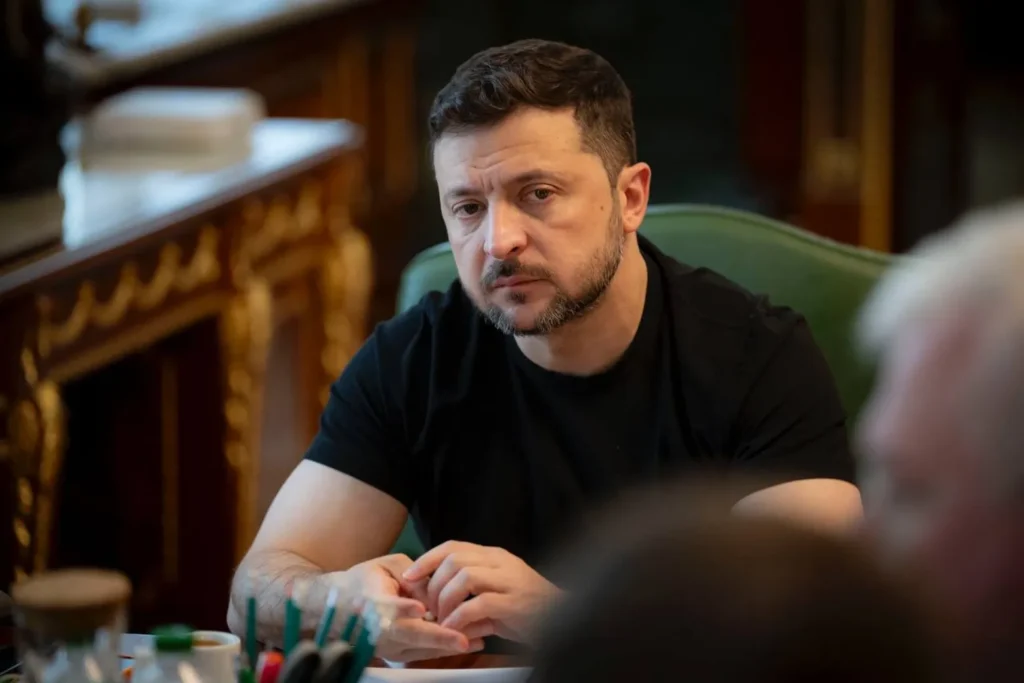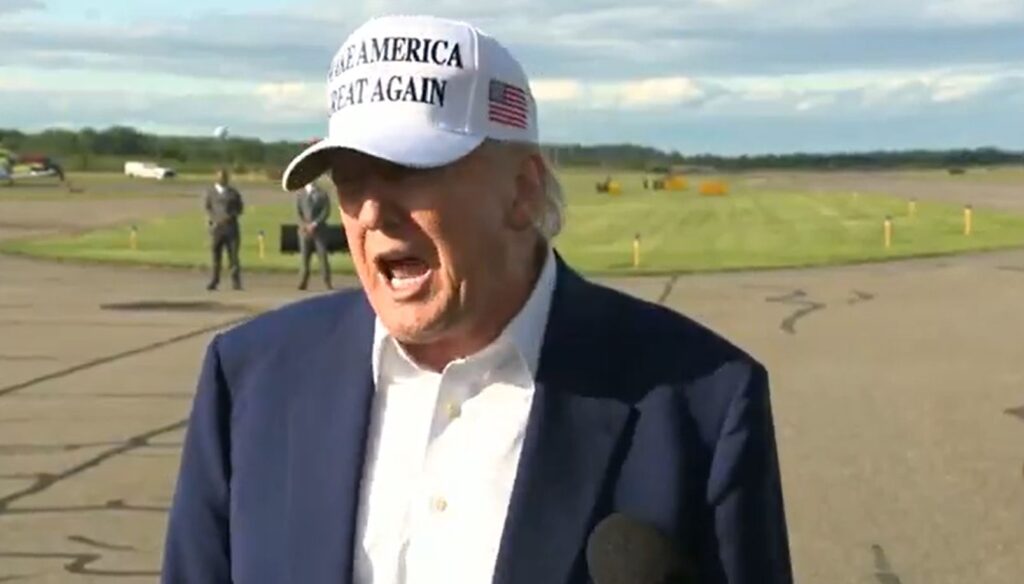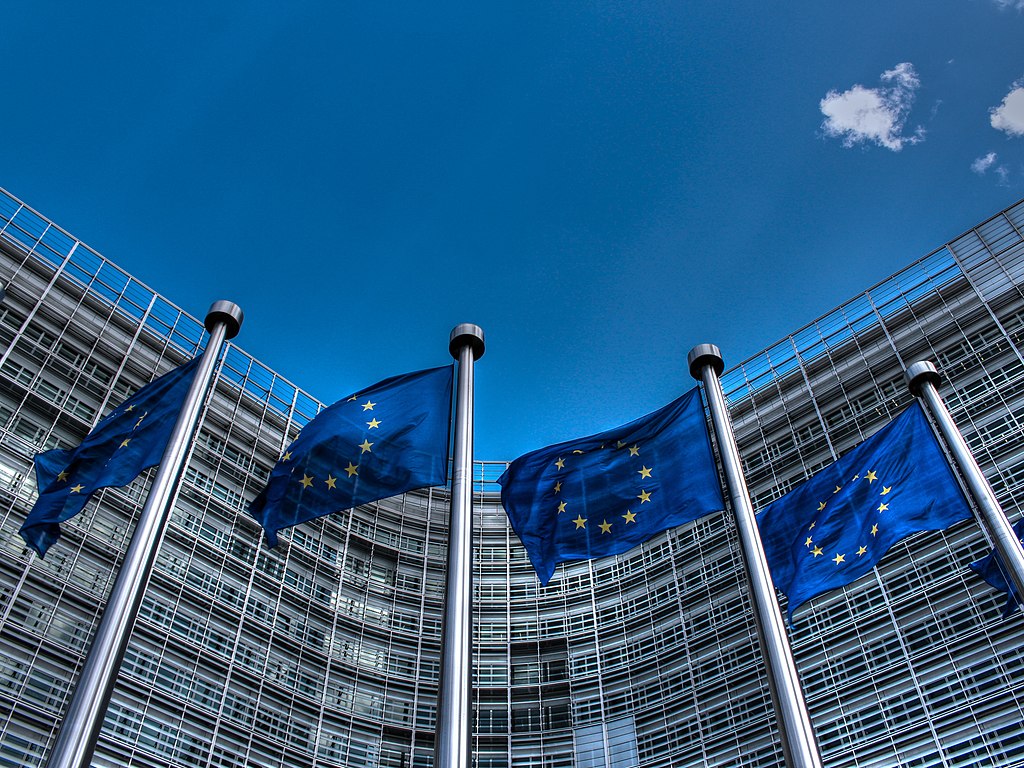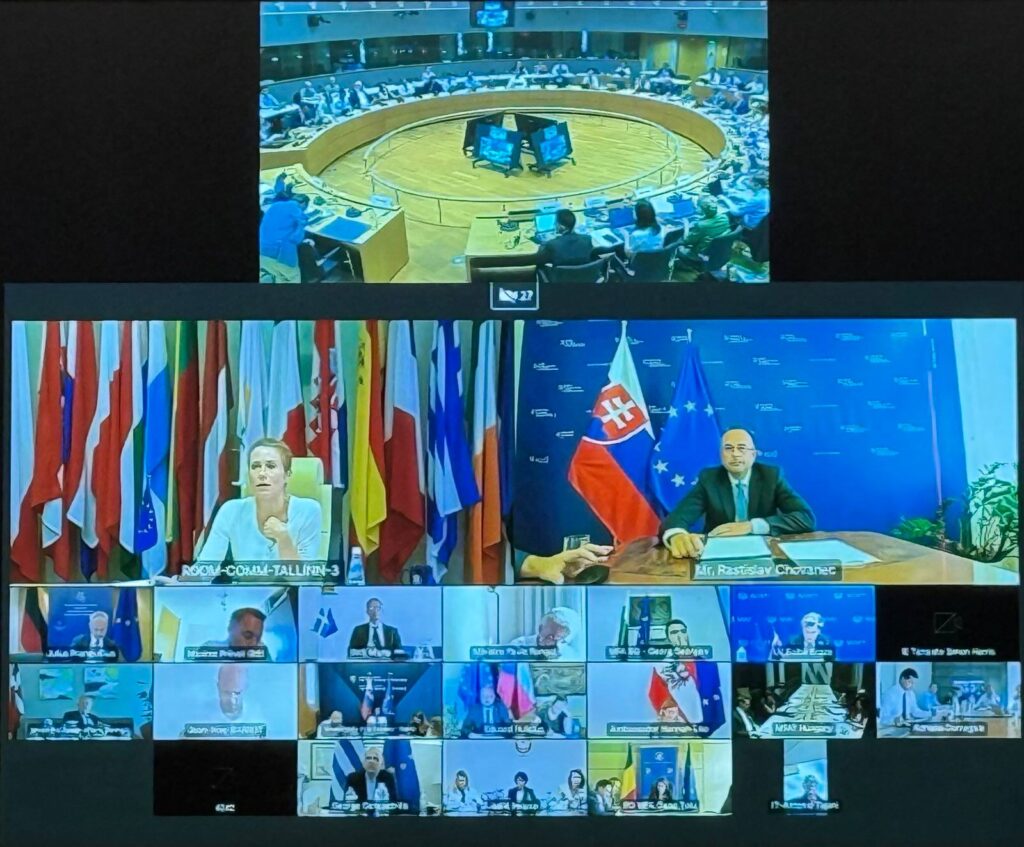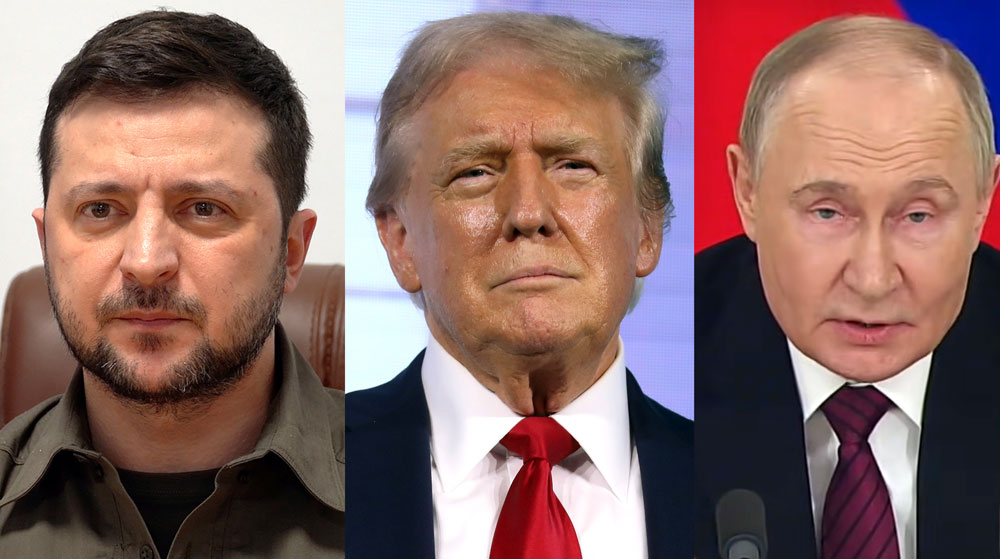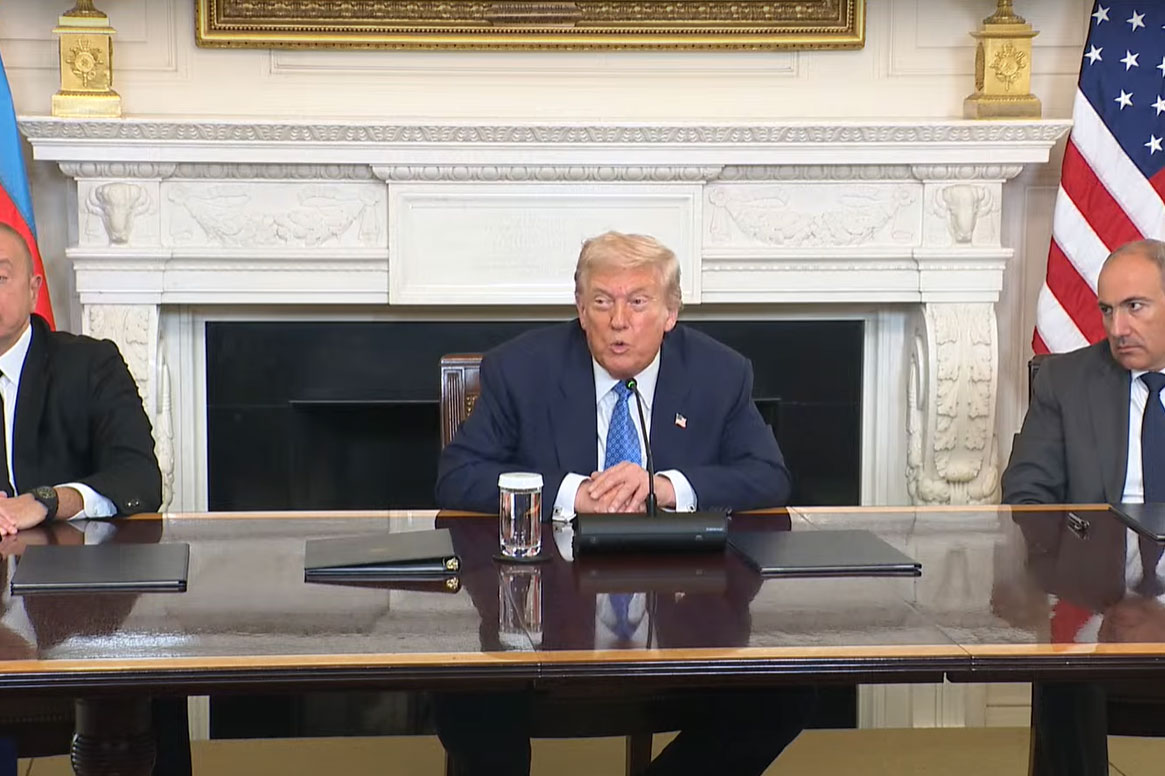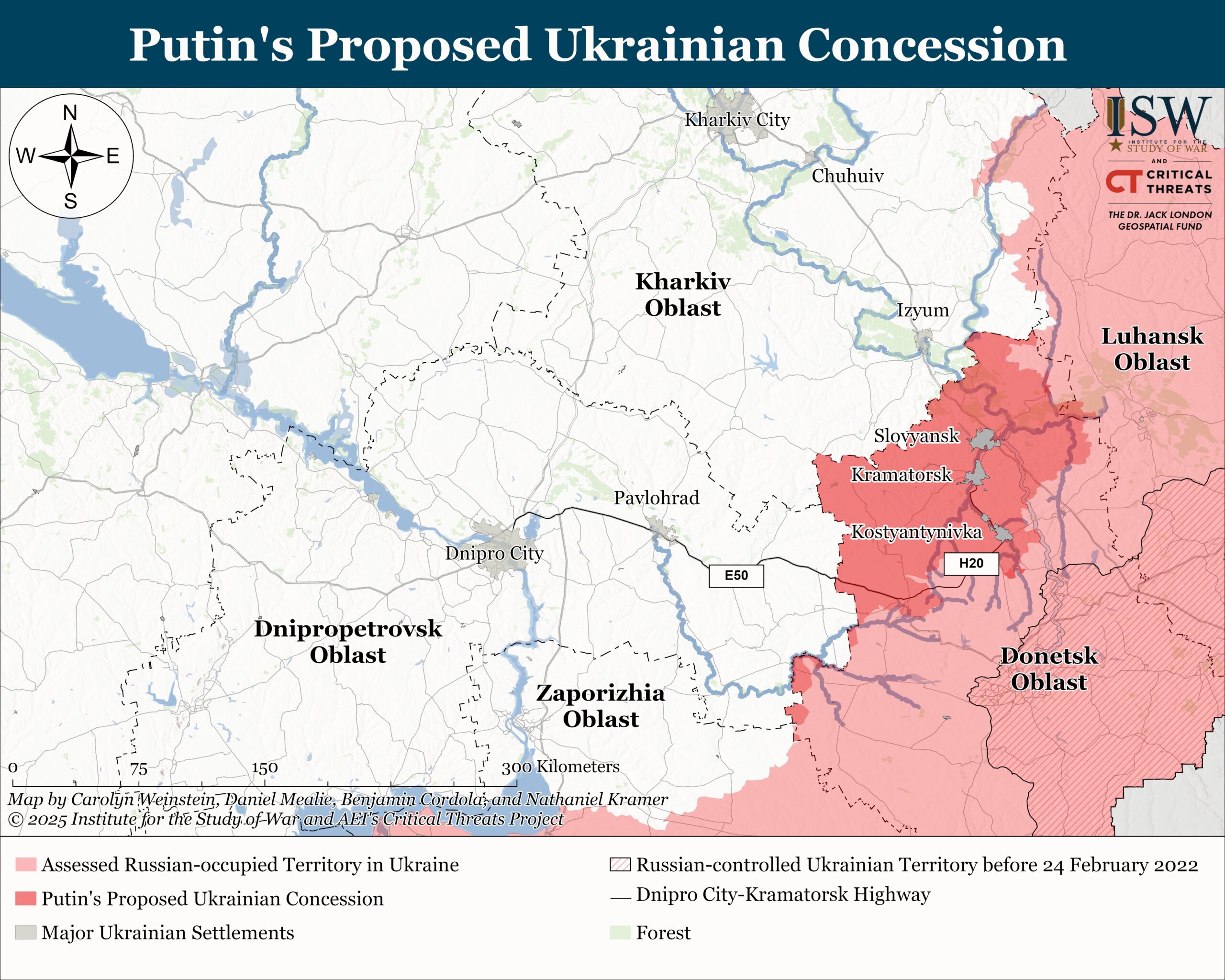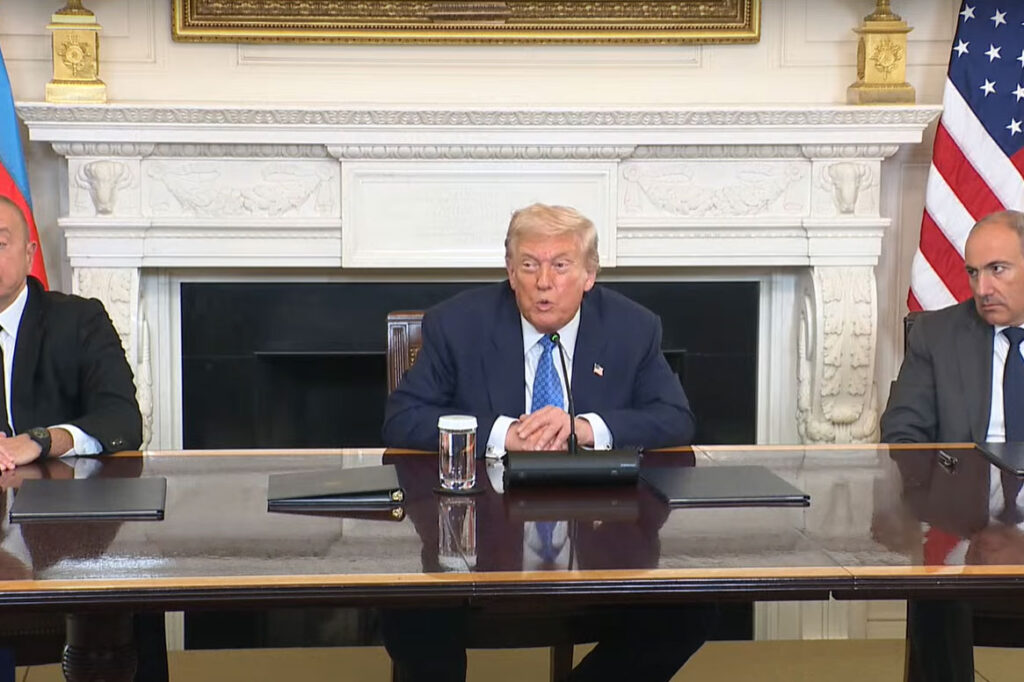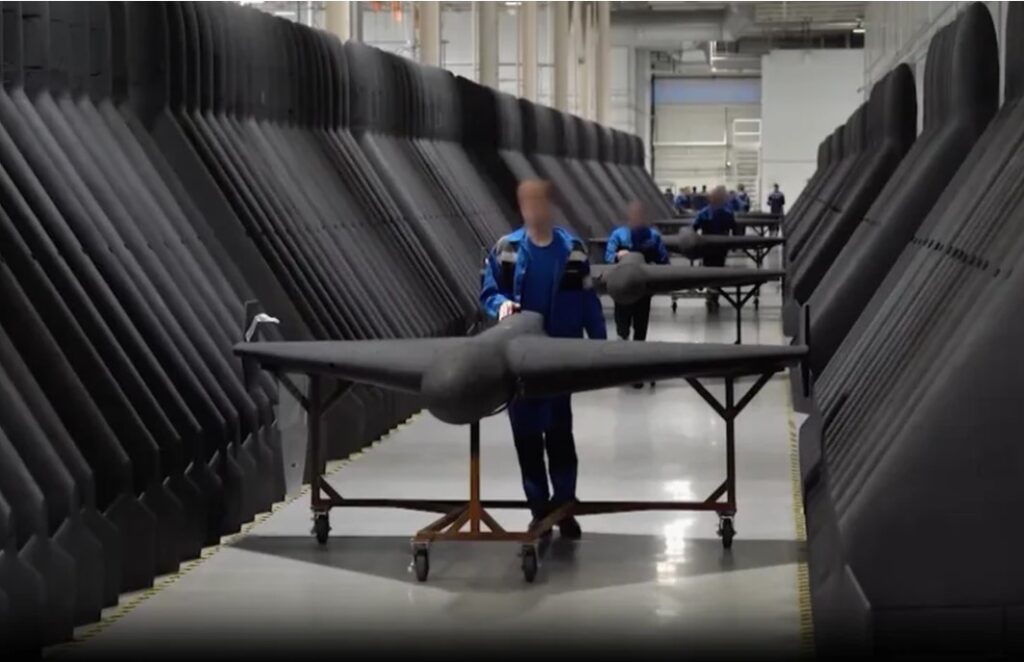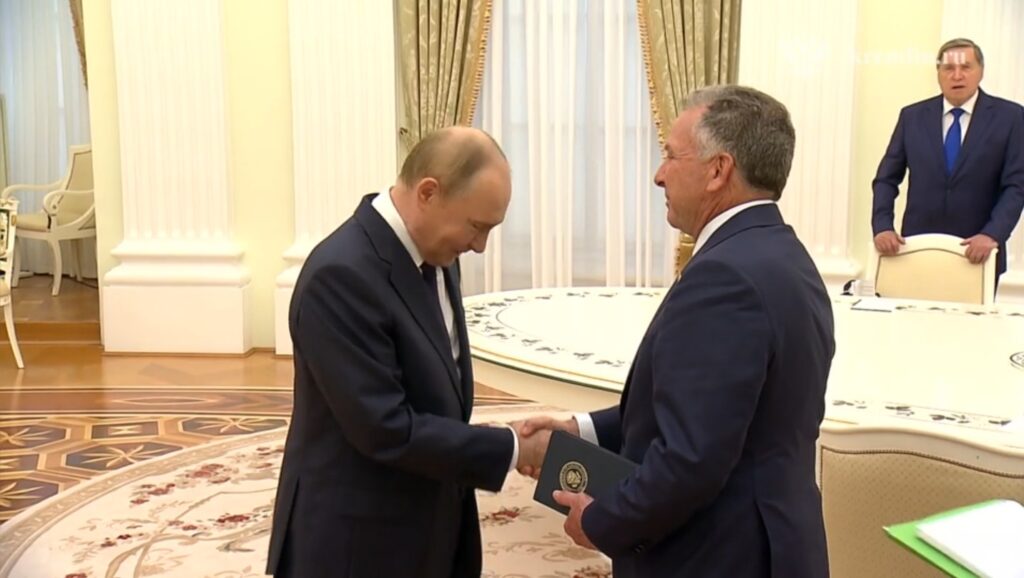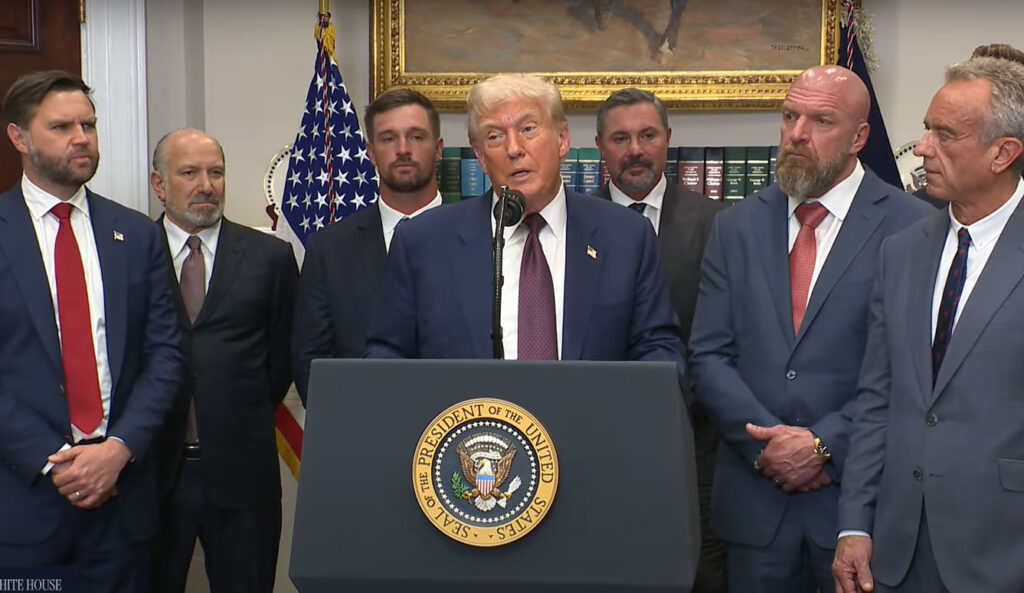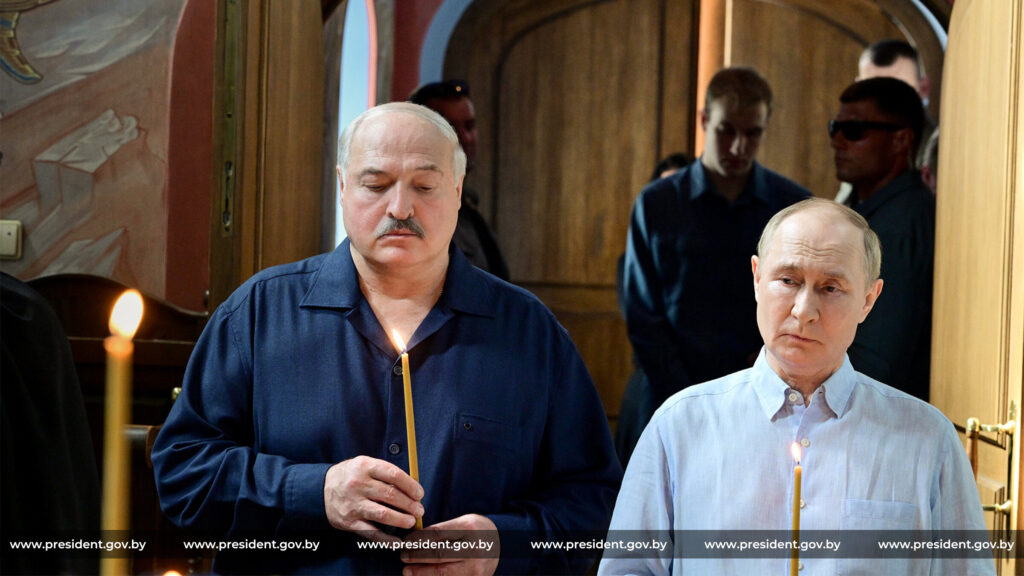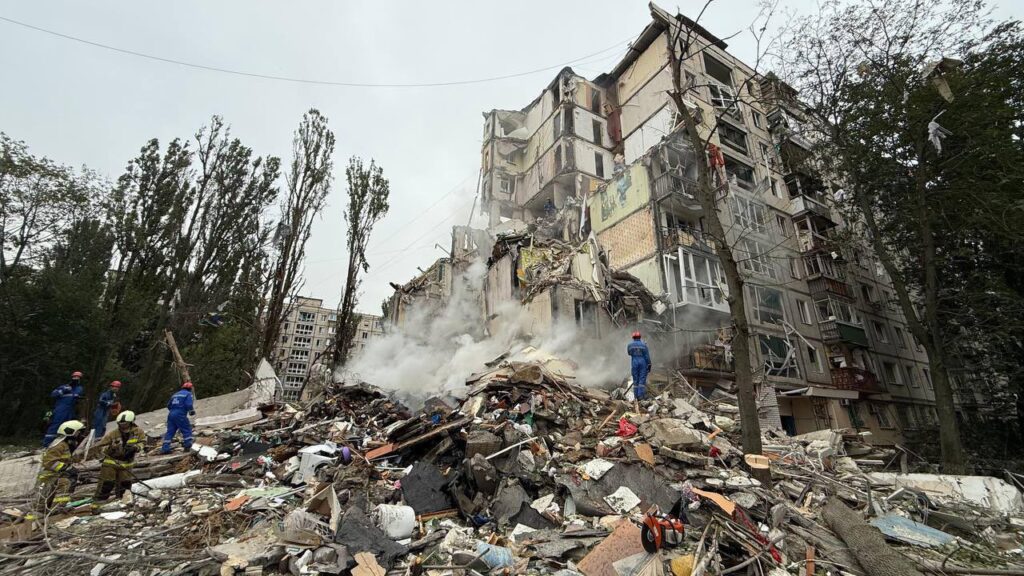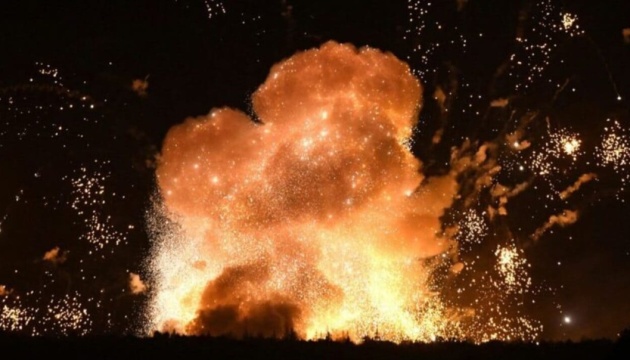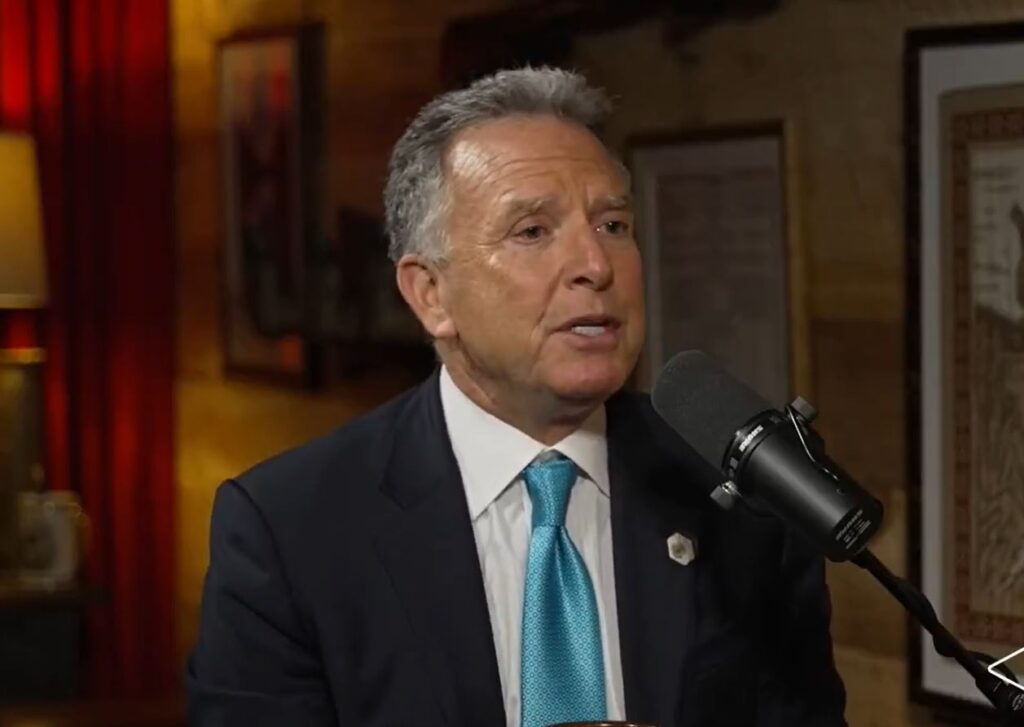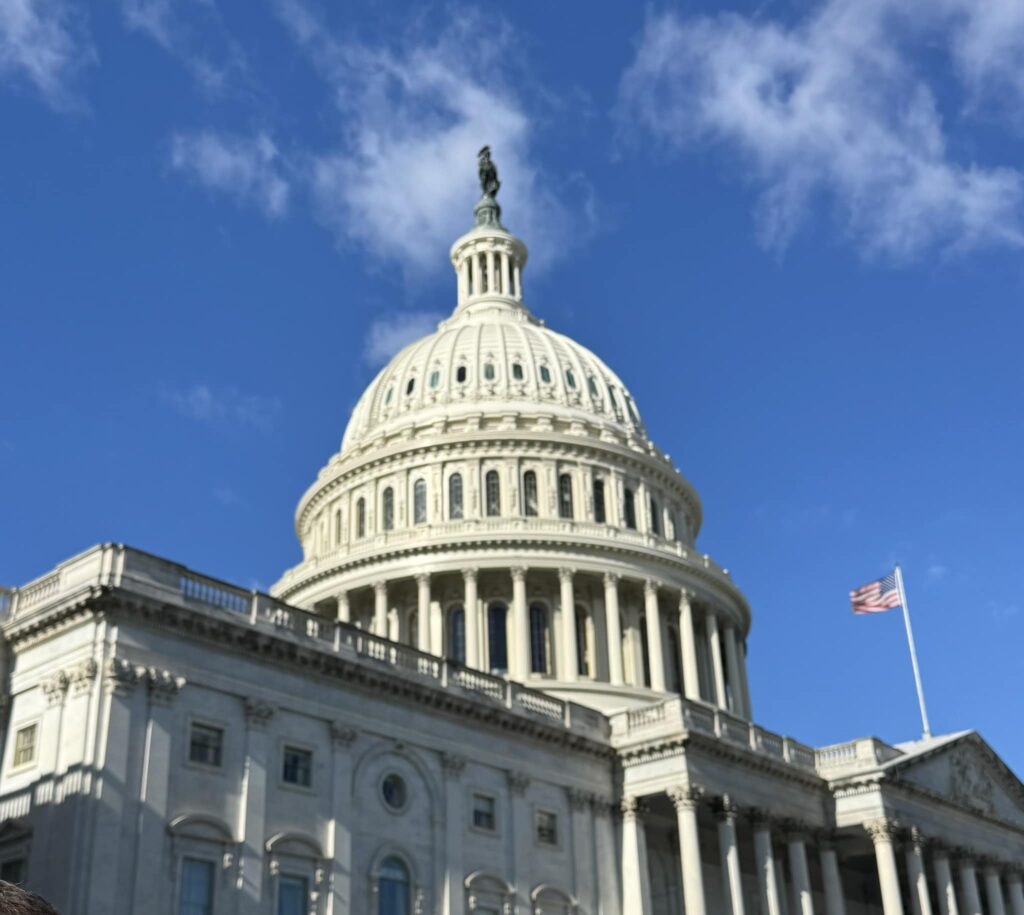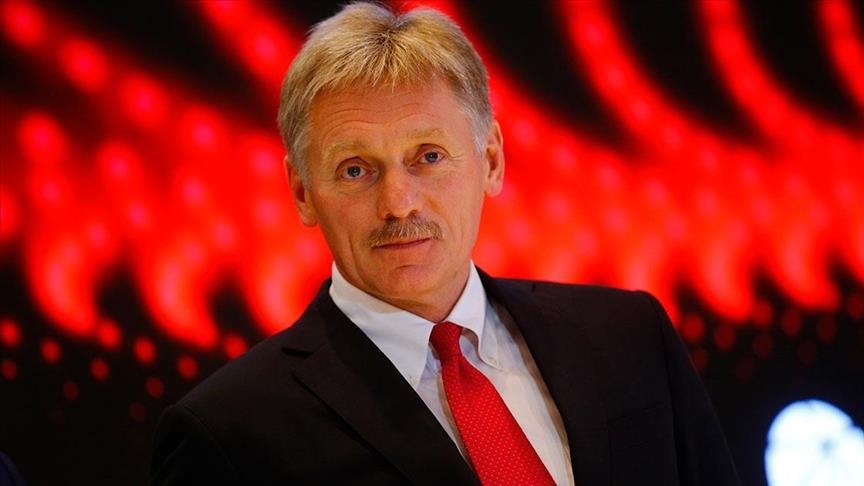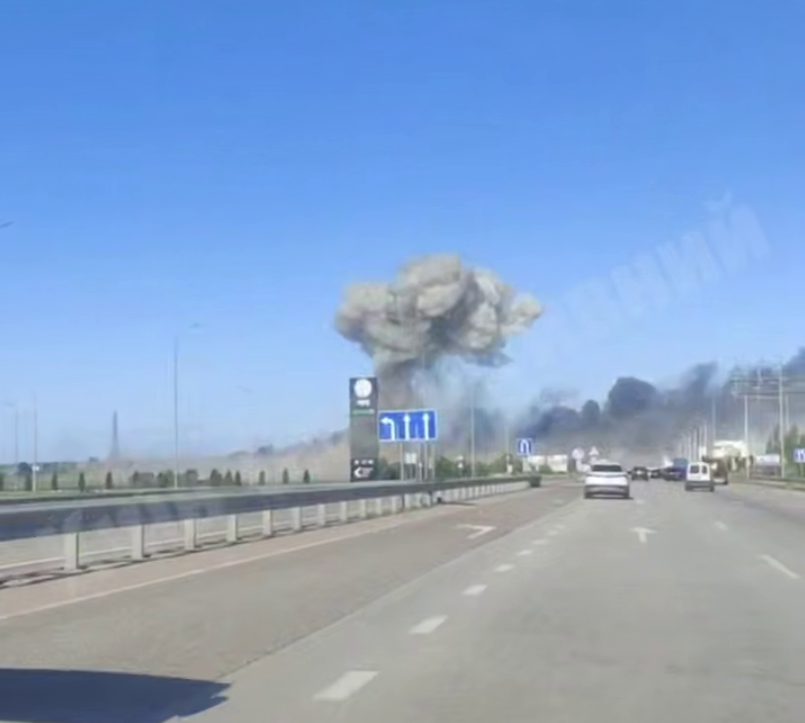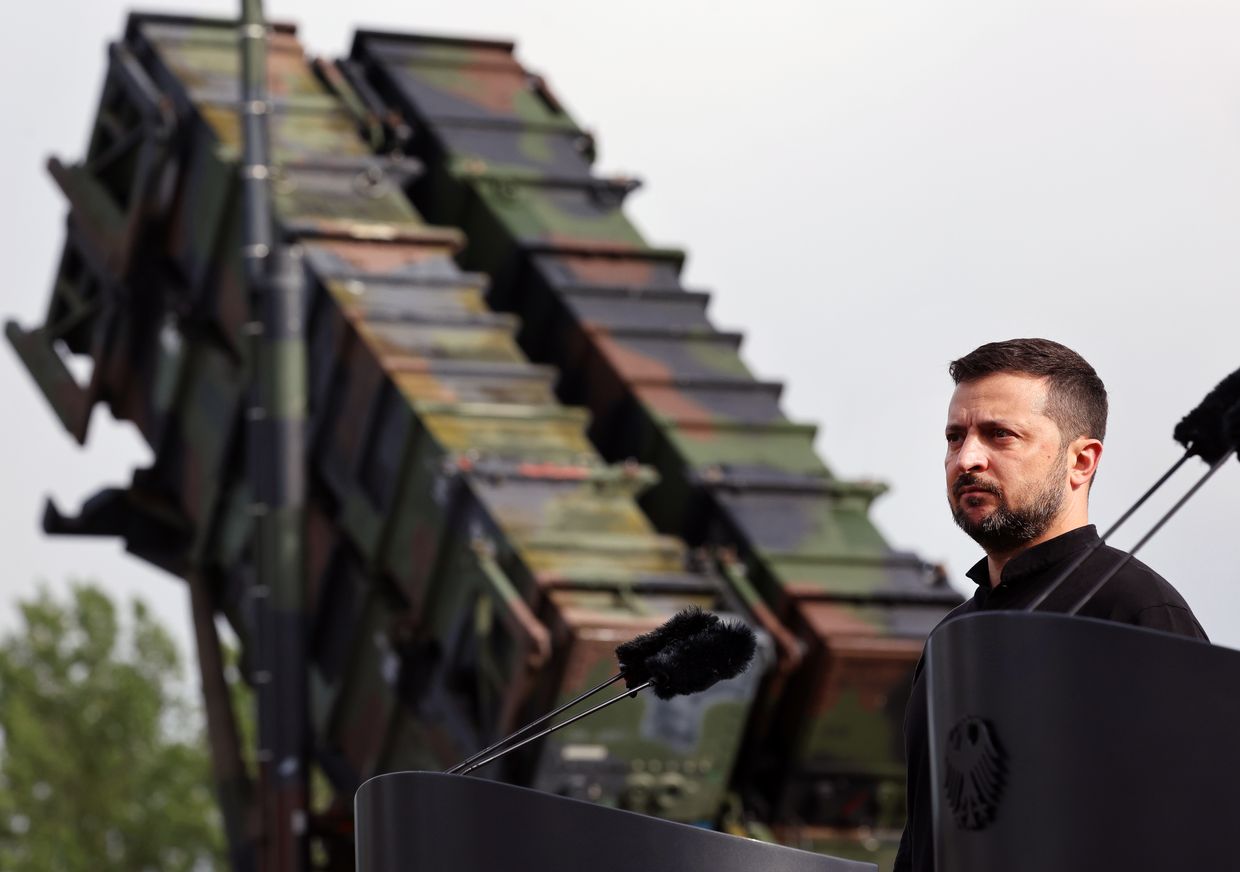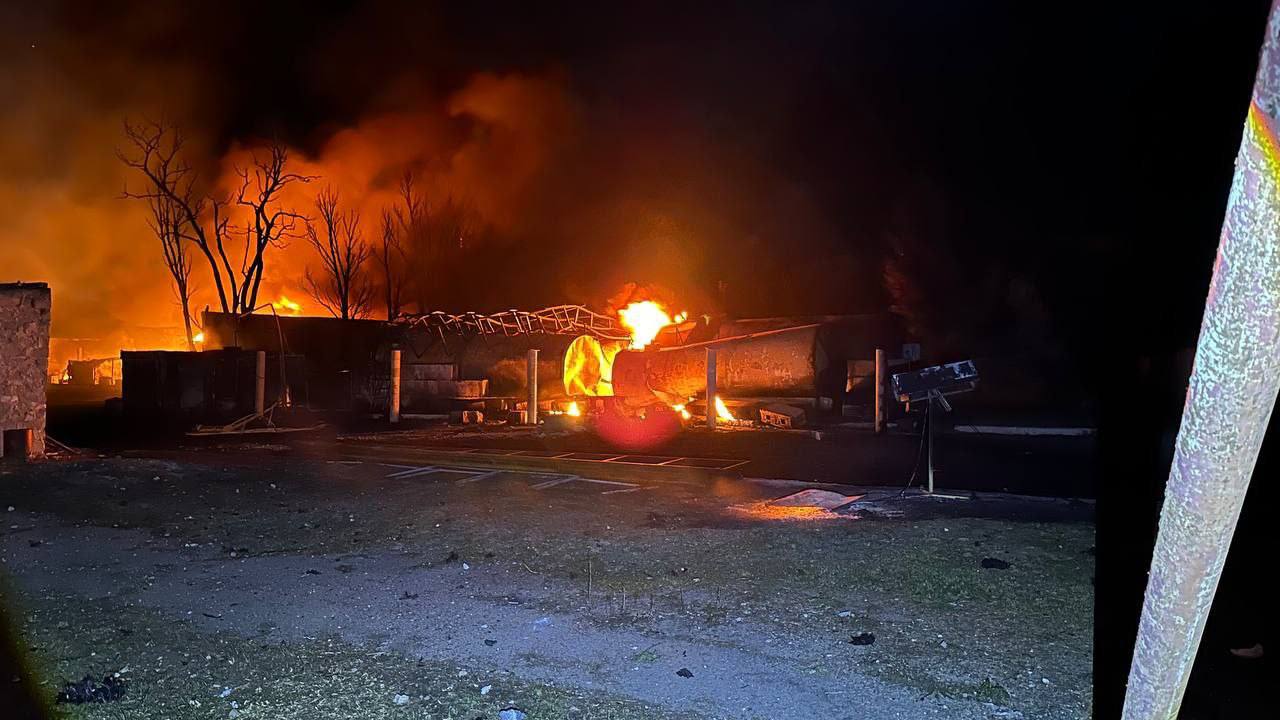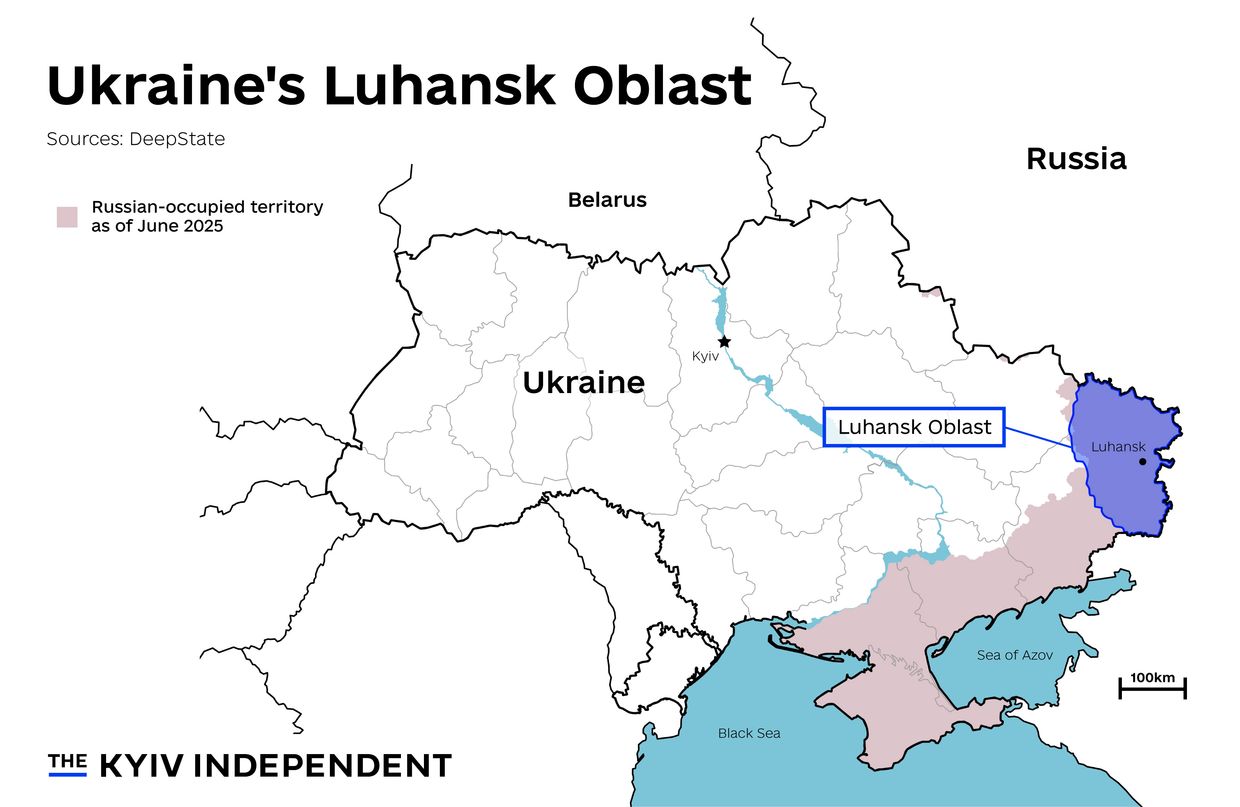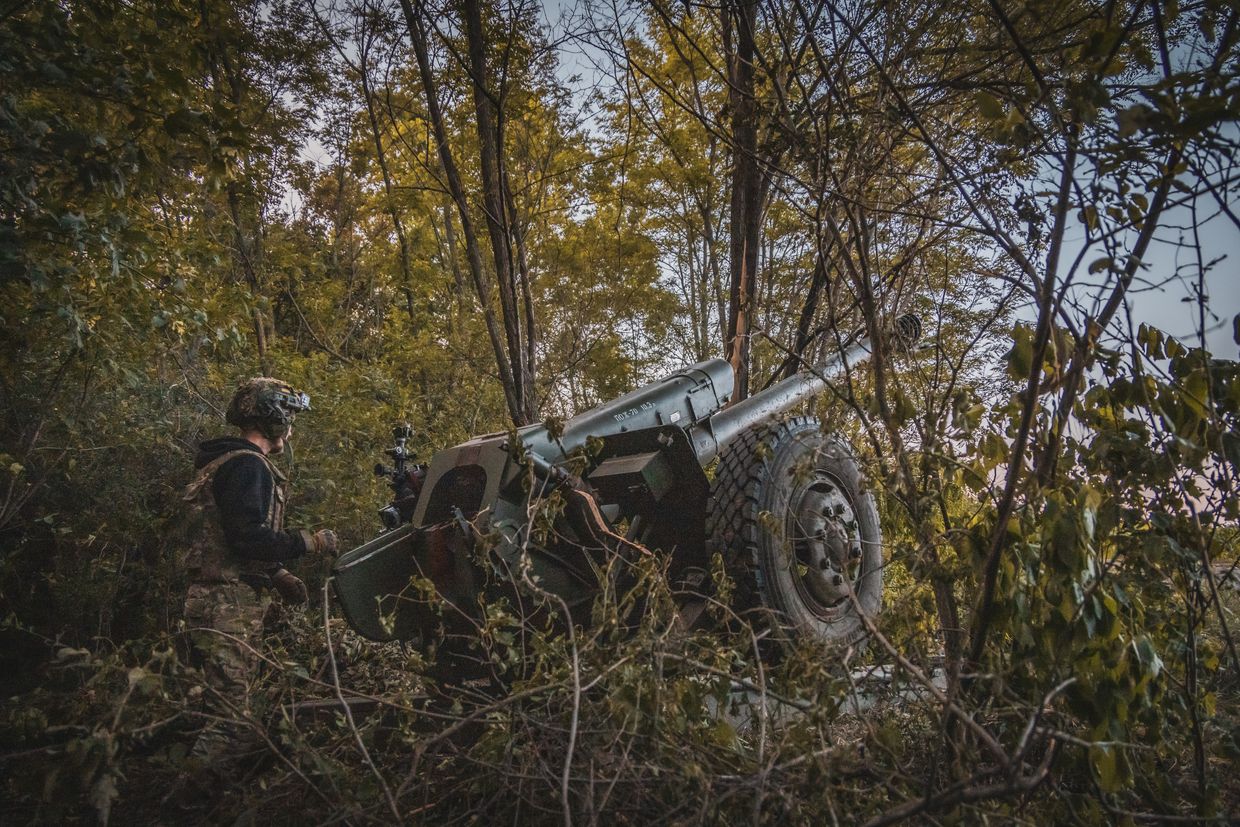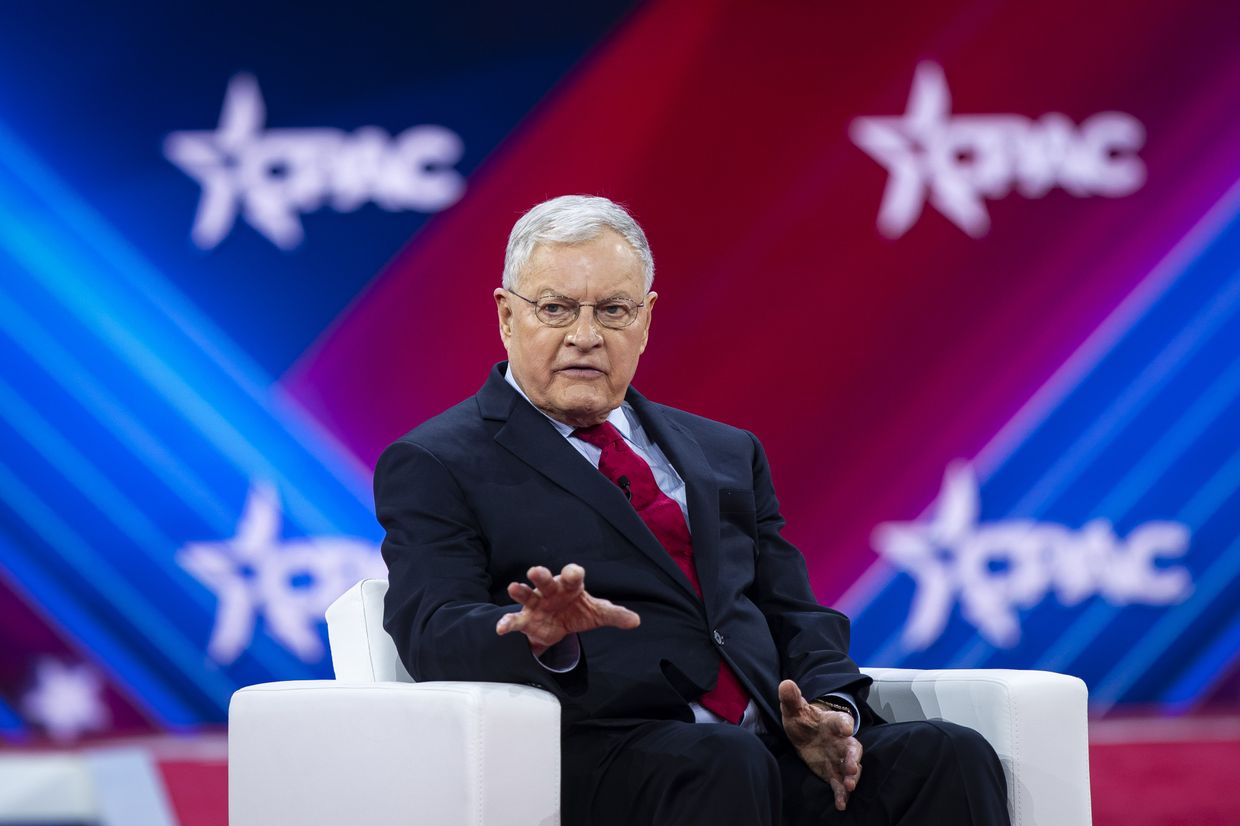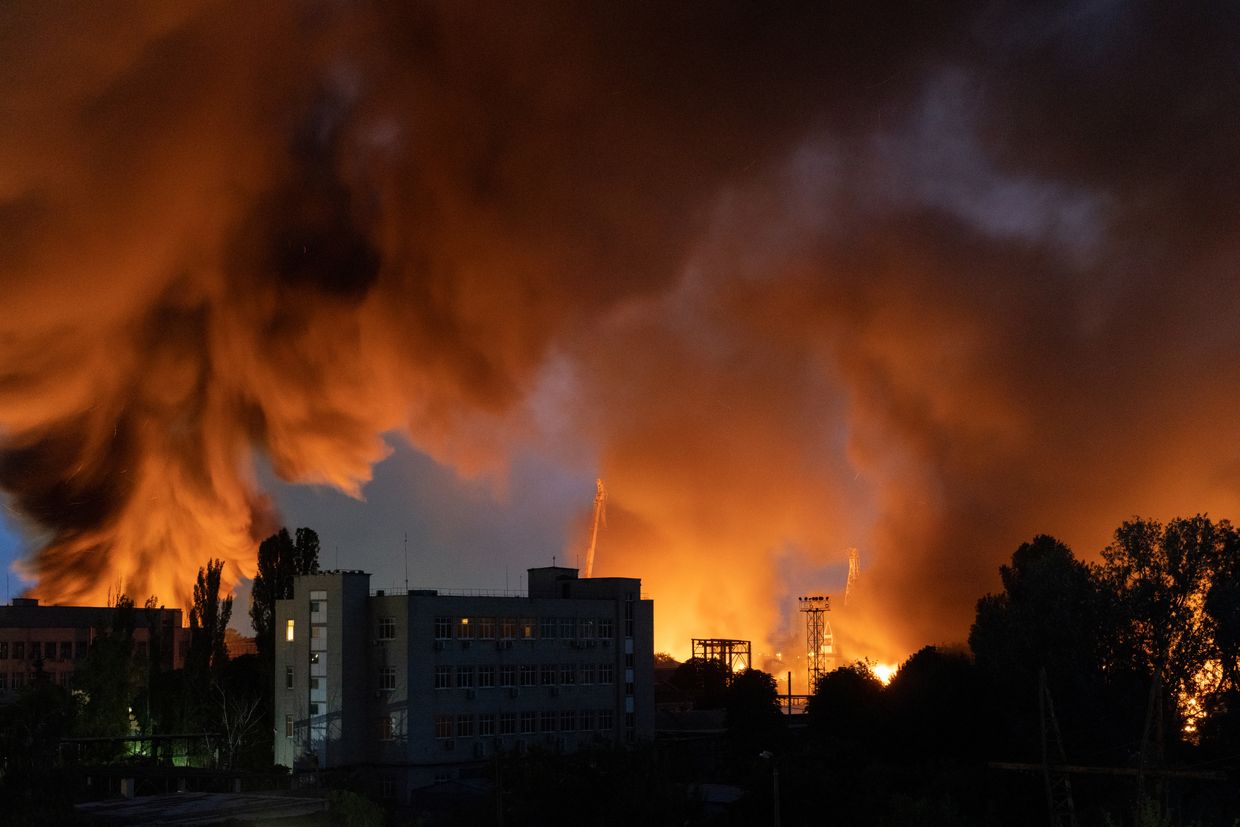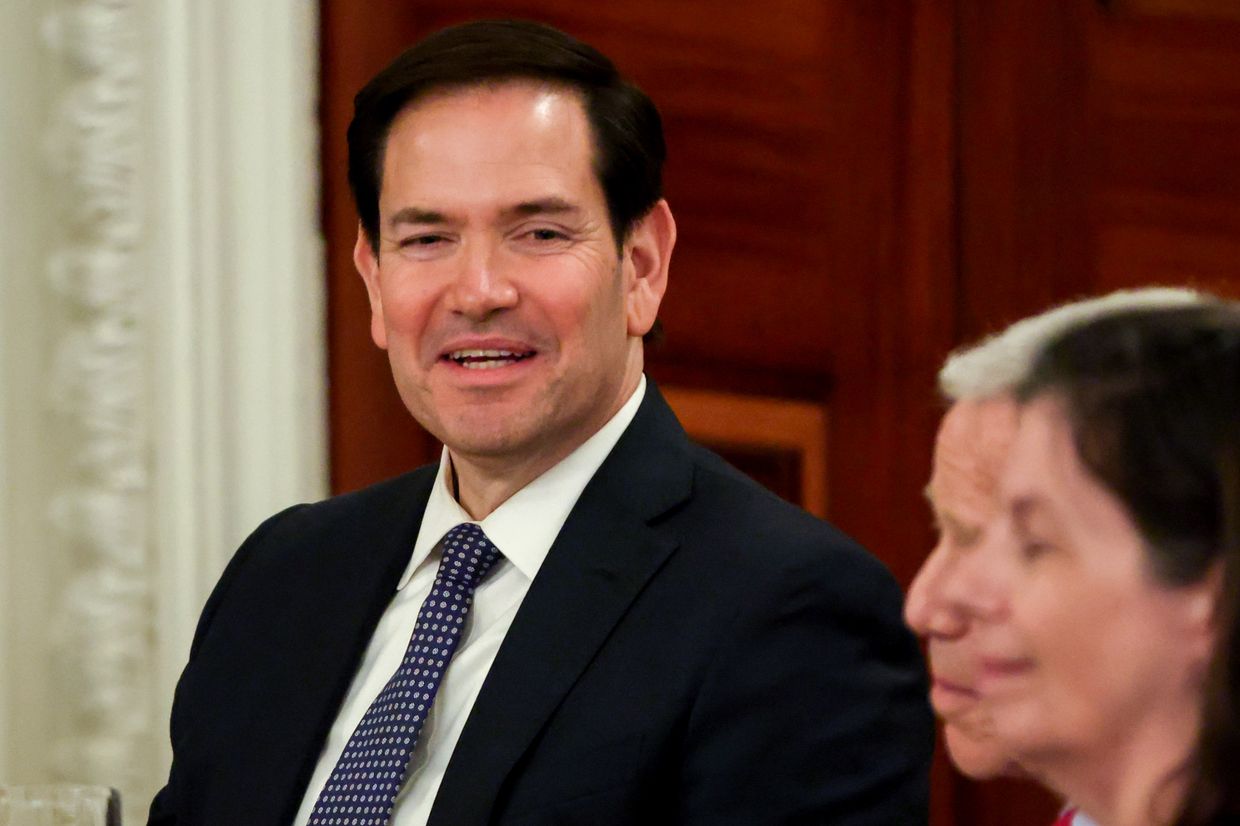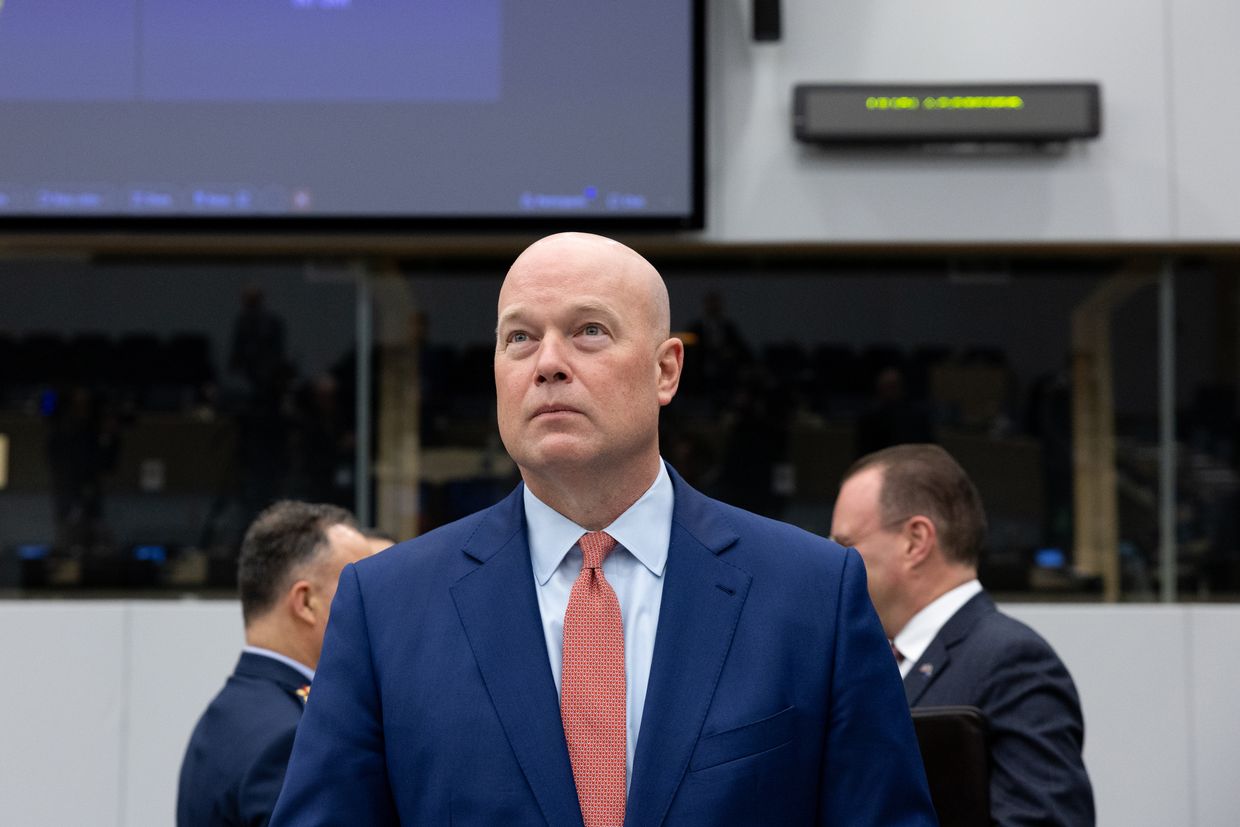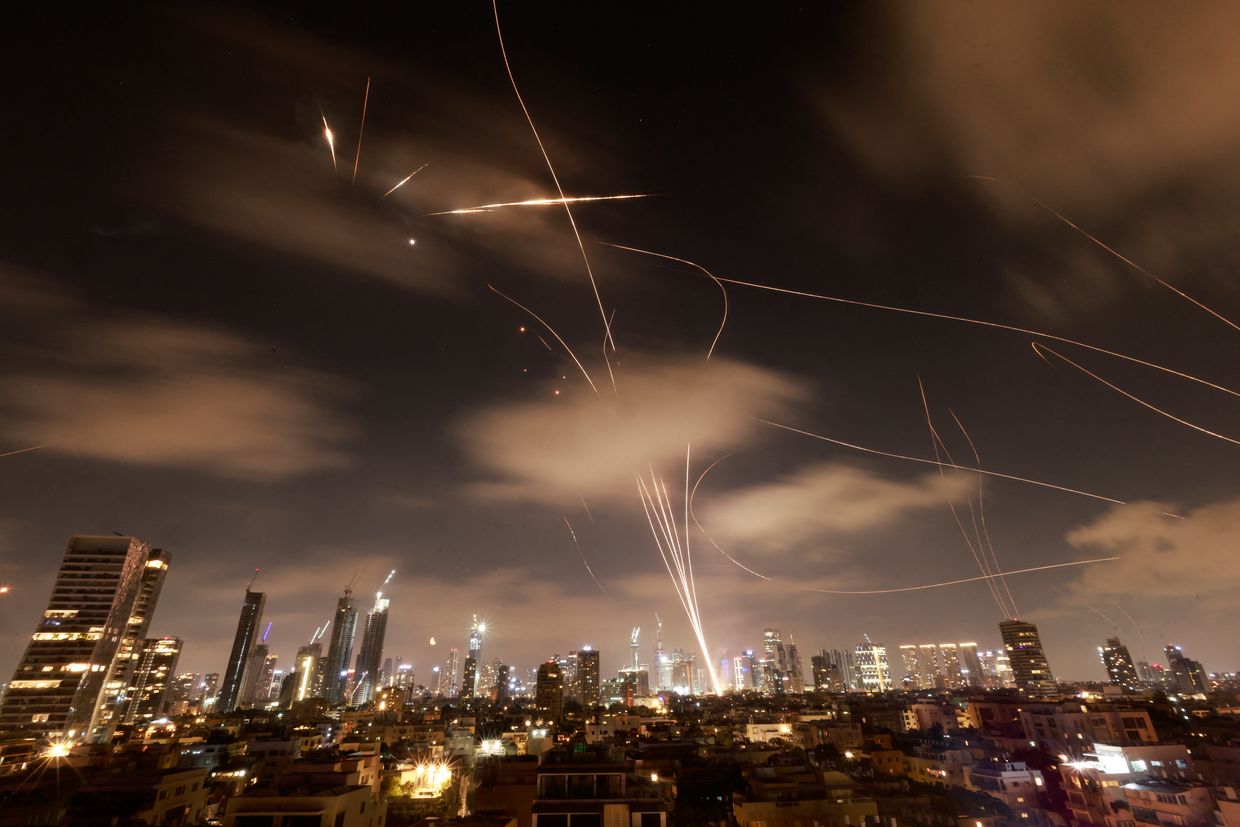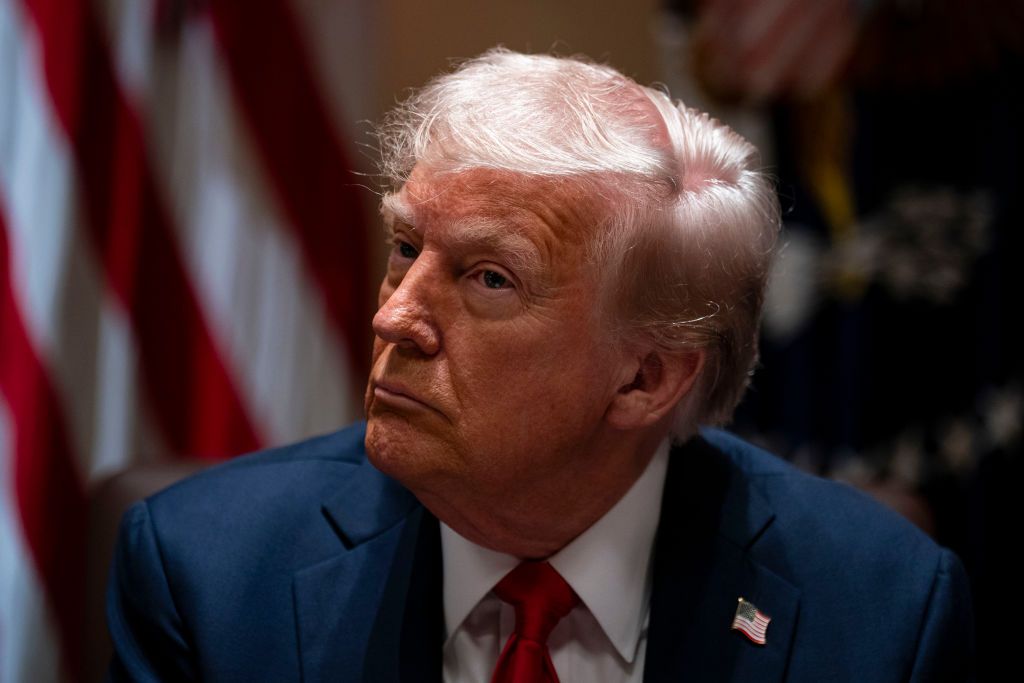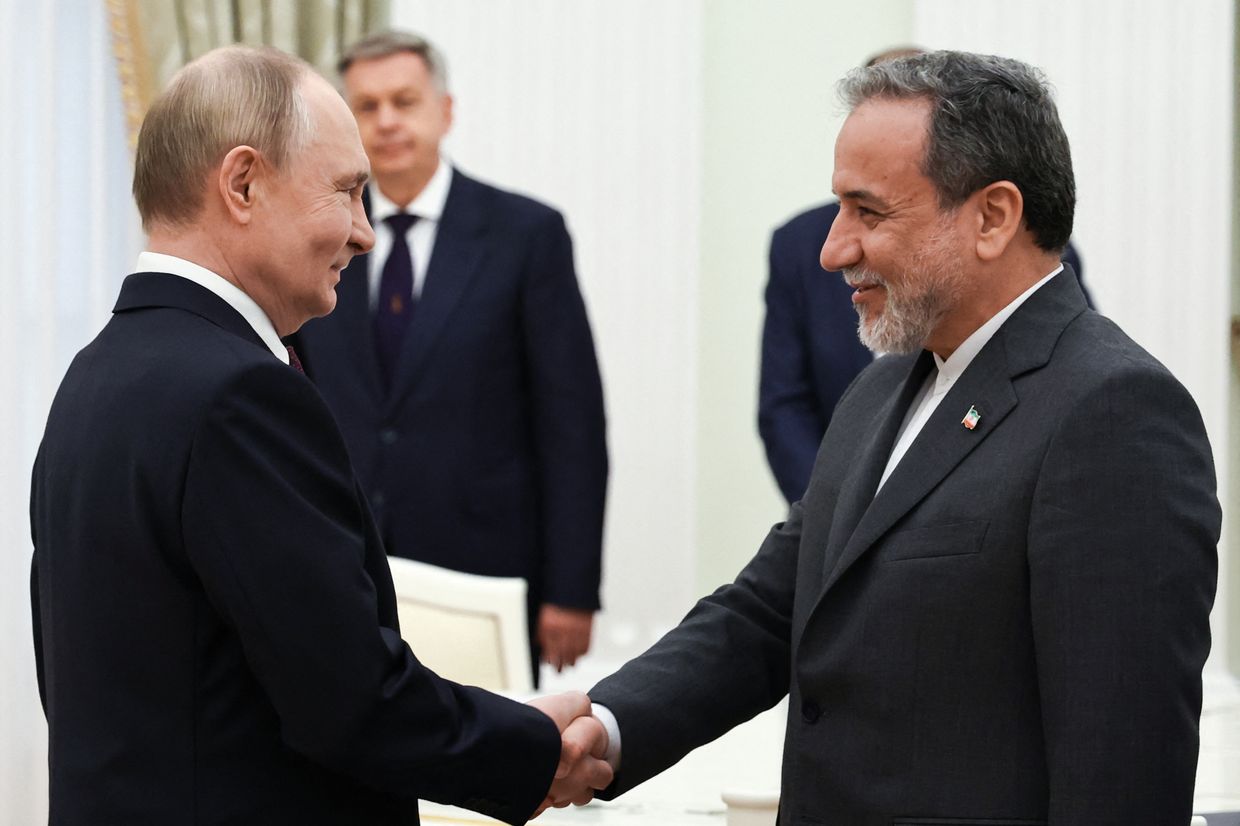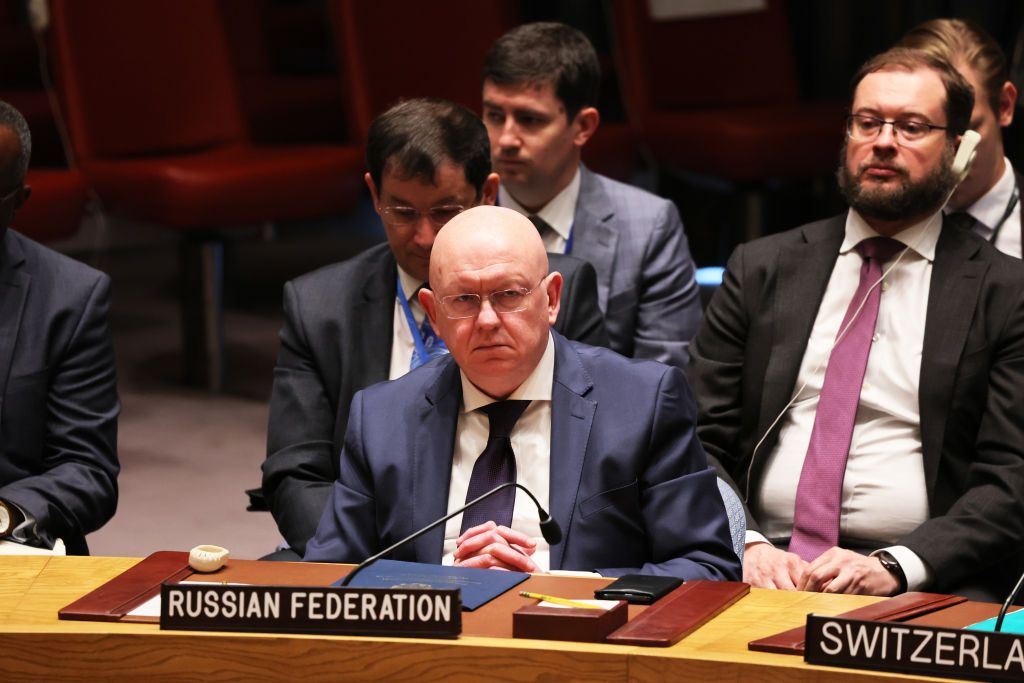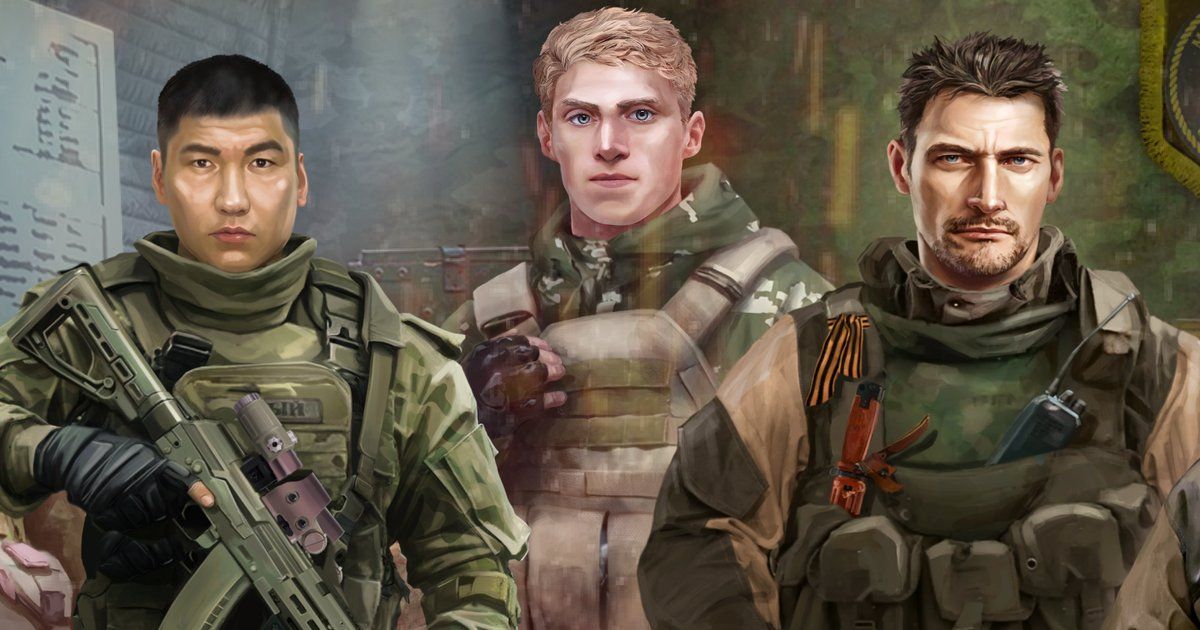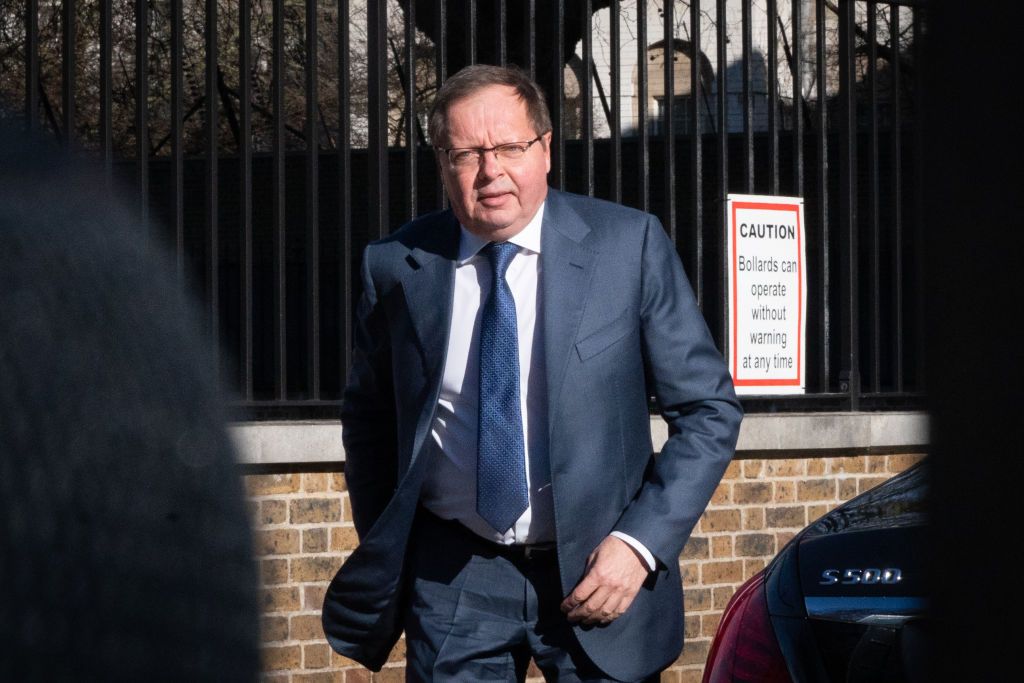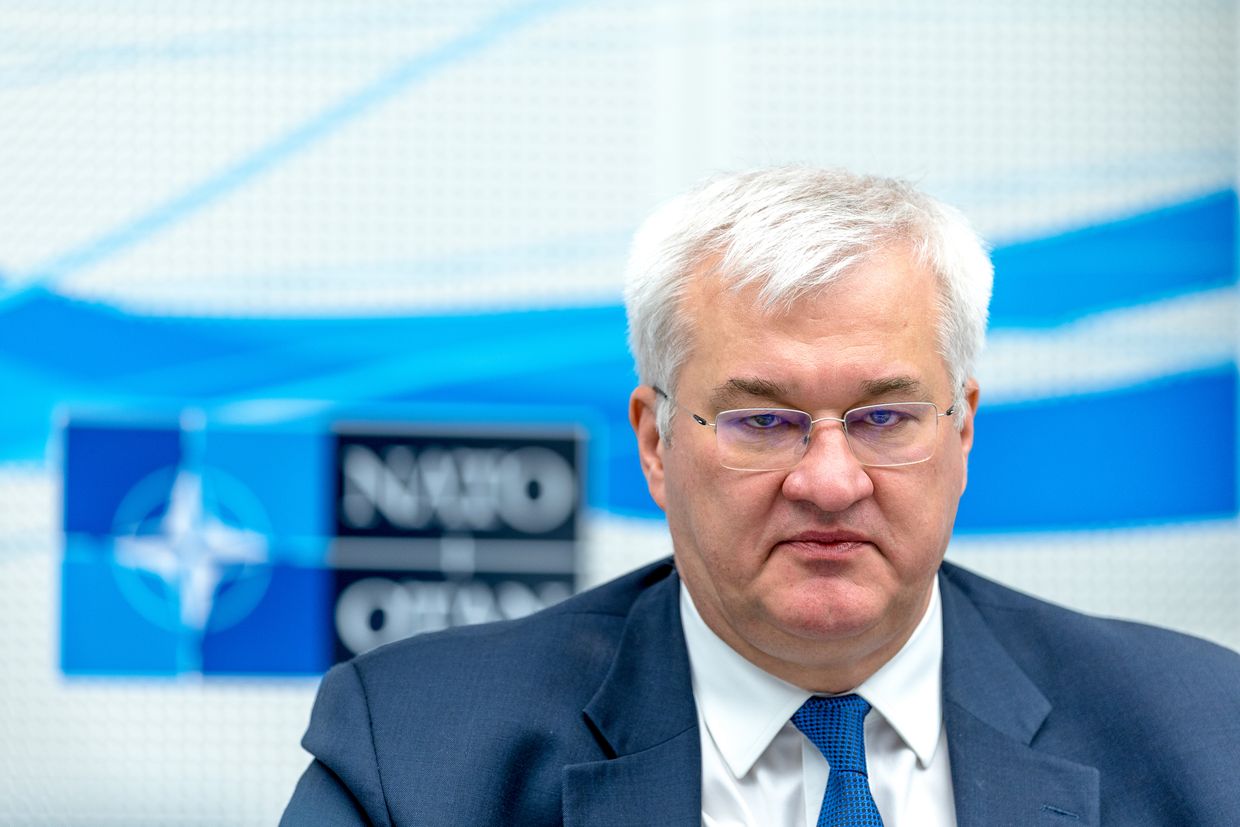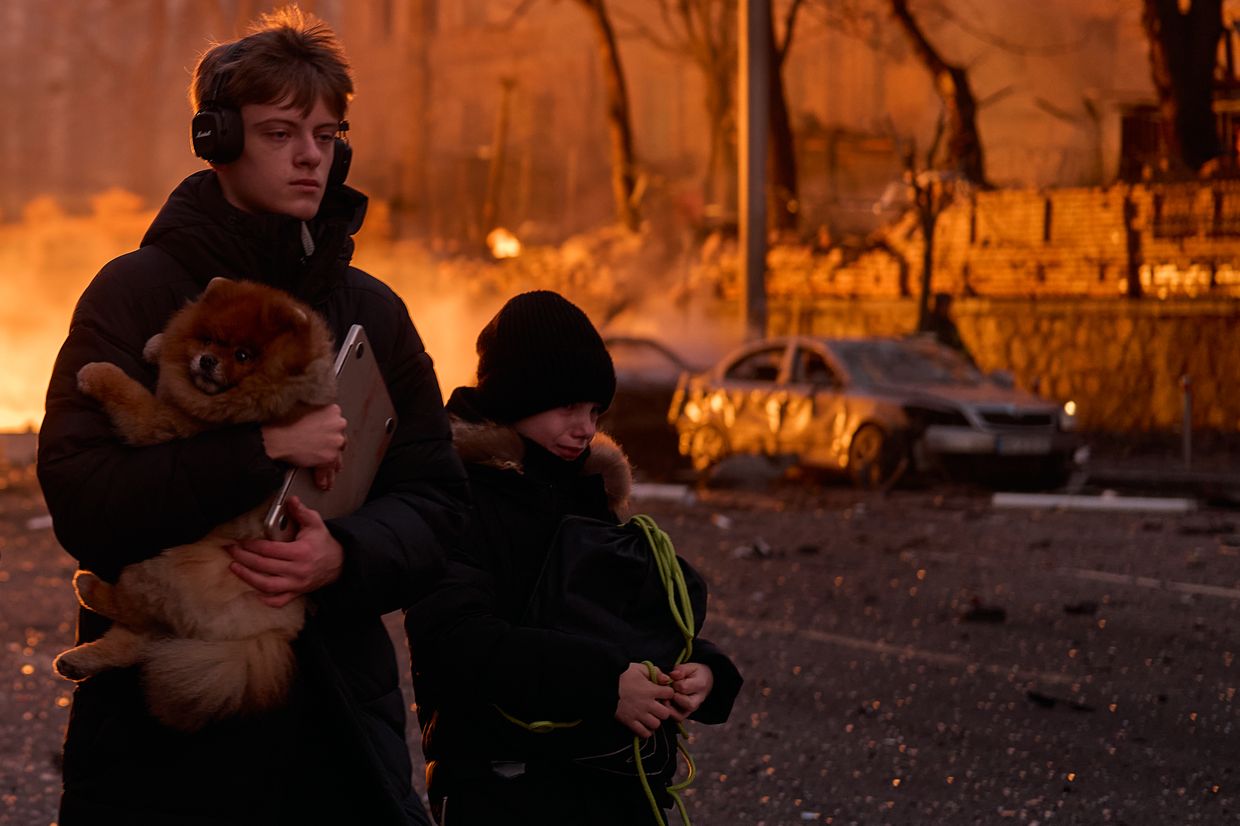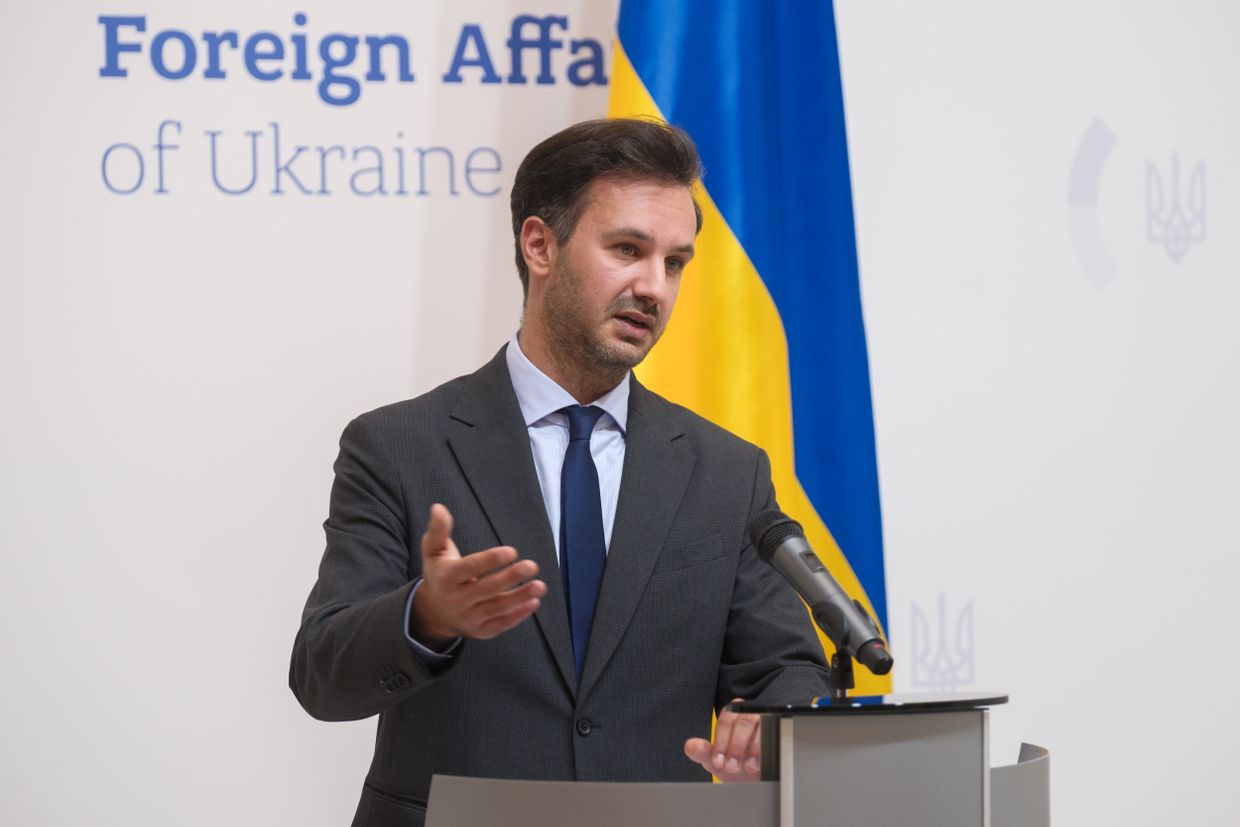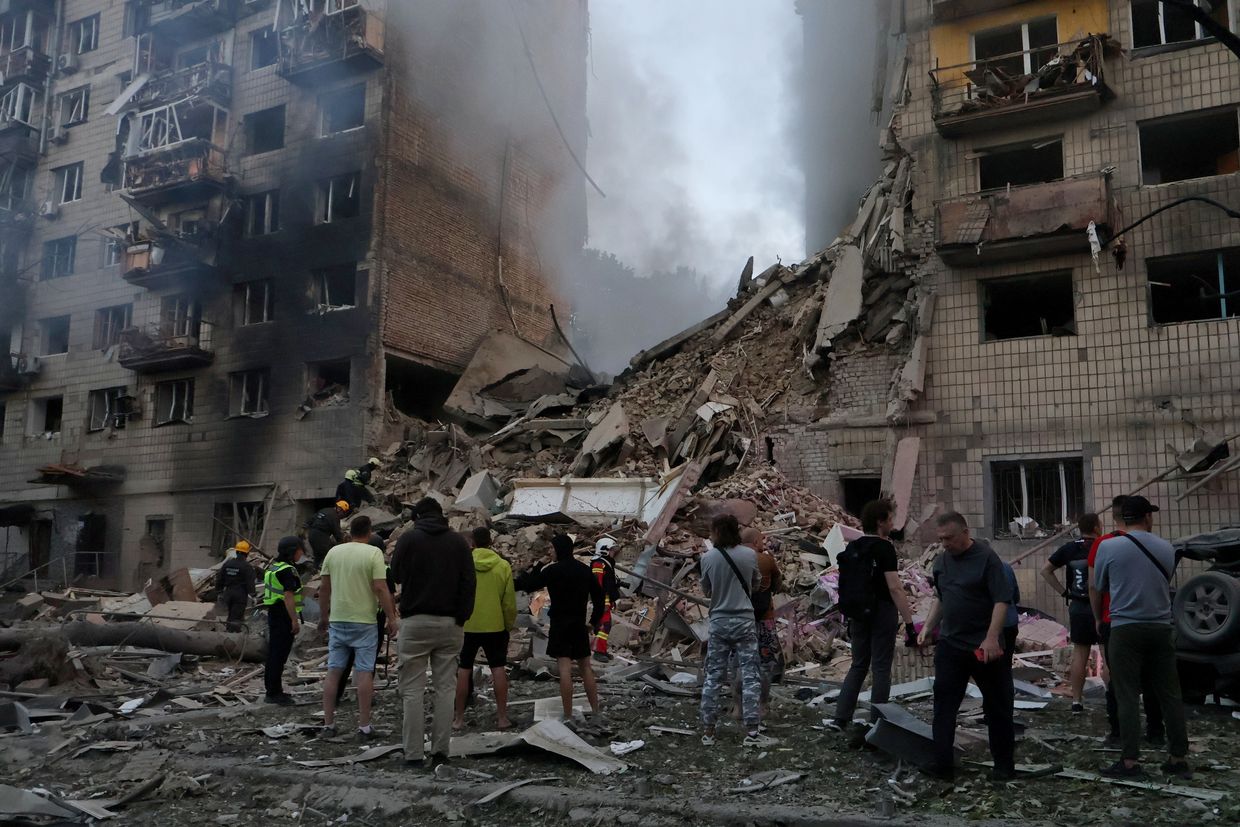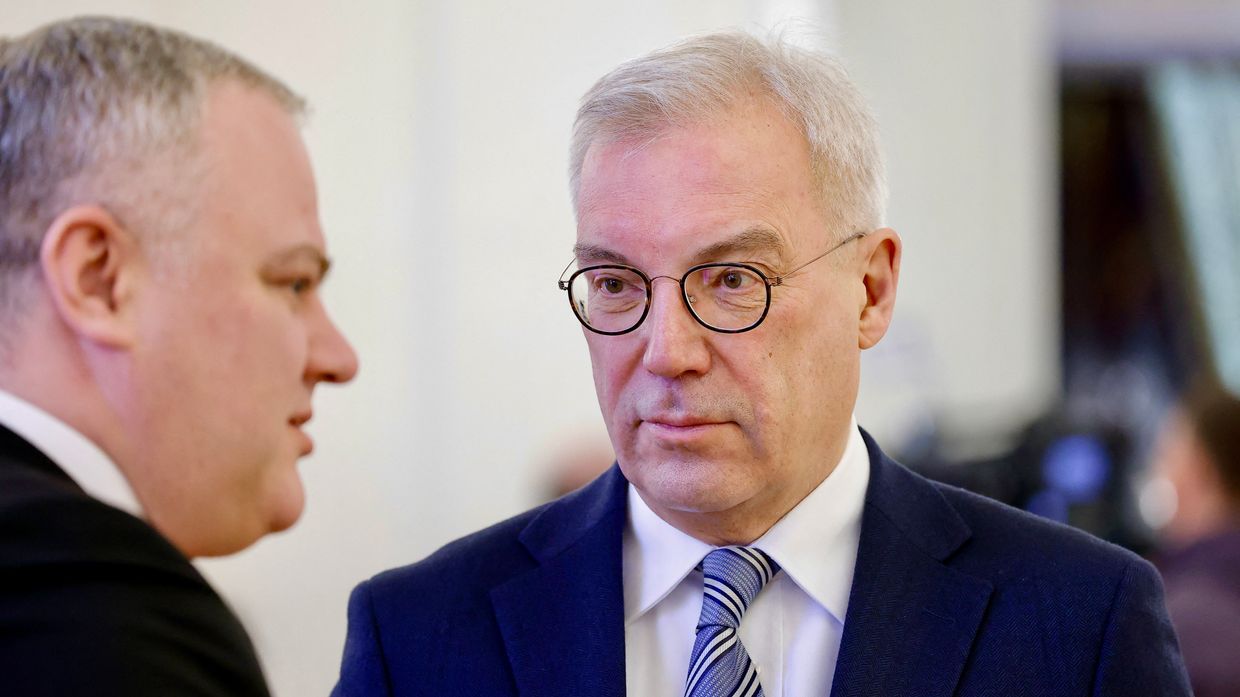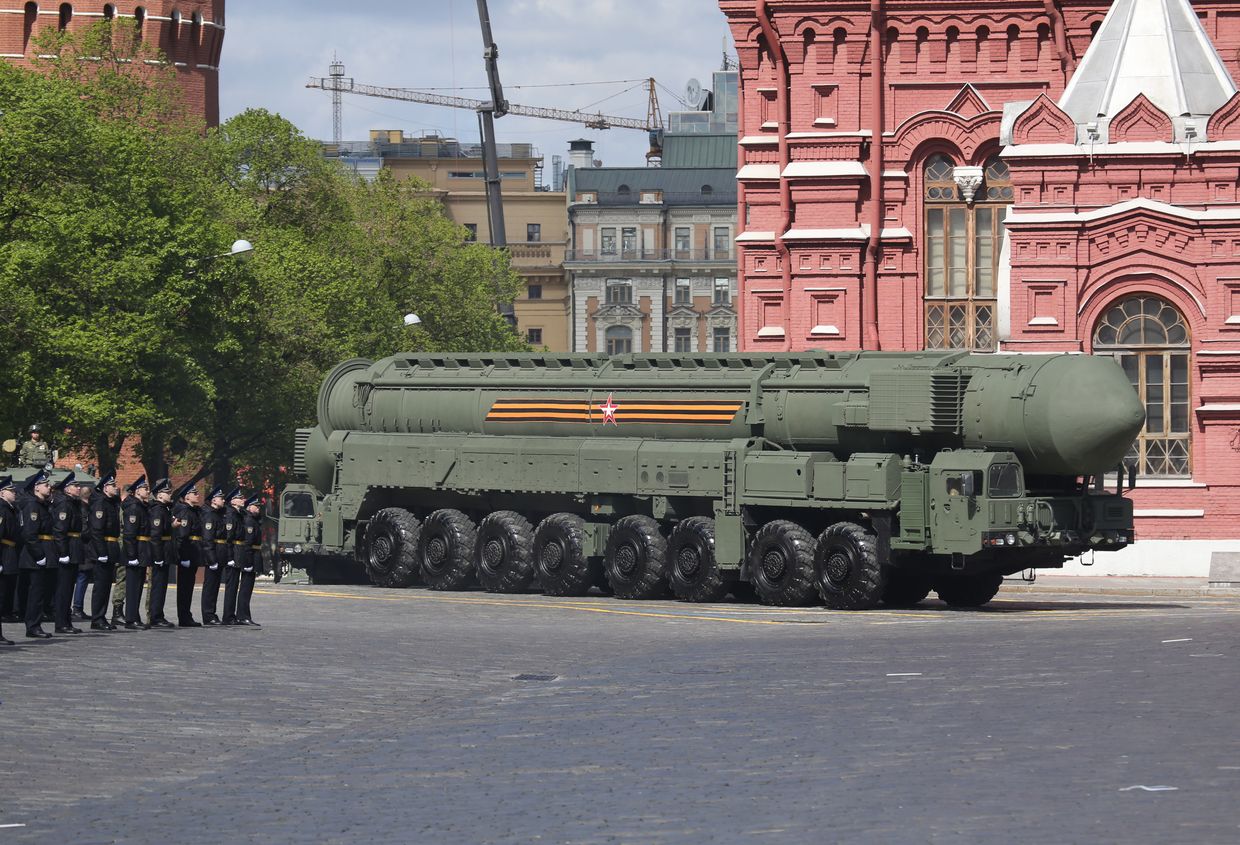Oval Office map showed 20% of Ukraine taken—Zelenskyy says “just 1% in 1,000 days, actually”
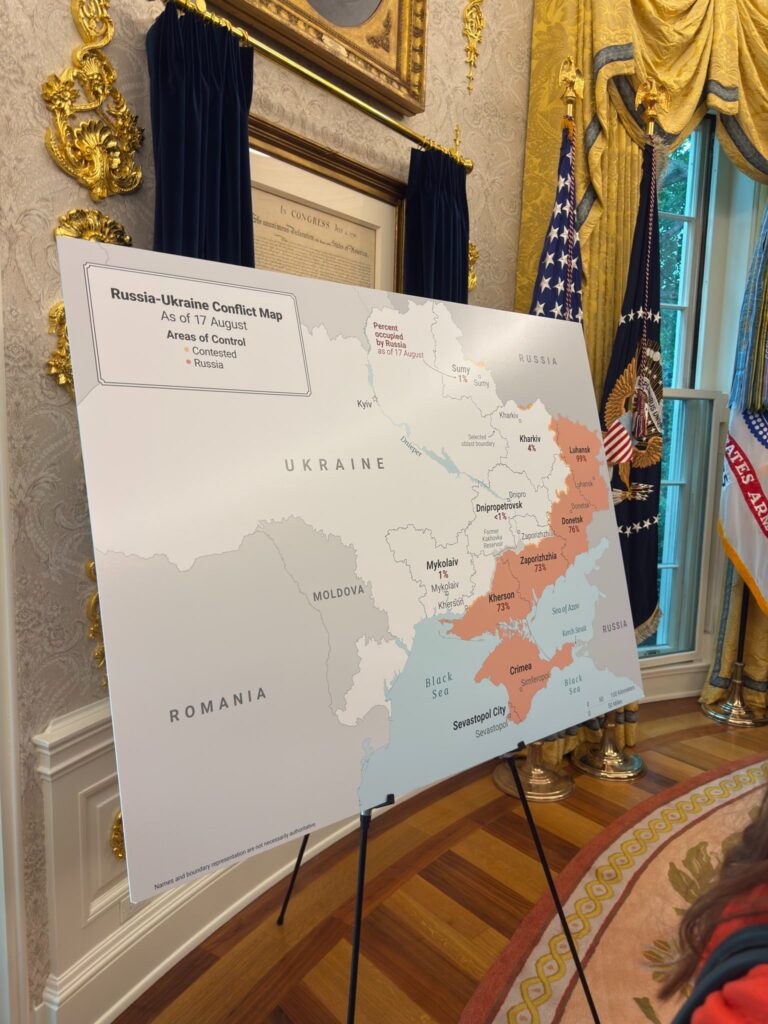
Ukrainian President Volodymyr Zelenskyy openly challenged a territorial map presented in the Oval Office during his 18 August meeting with US President Donald Trump and several European leaders, arguing that the displayed 20% figure of Russian-occupied Ukrainian territory was misleading. Zelenskyy insisted that during the first 1000 days of full-scale war, Russian forces had actually taken only around 1% of Ukraine’s land.
Zelenskyy to Trump and allies: Russia took 1% in 1000 days, not 20%
Zelenskyy said the US-prepared map overstated Russian gains and distorted global perceptions of Ukrainian military strength. According to him, the real figures painted a very different picture, Suspilne reported.
“People think 20% or 18%, but it was up to 1%,” he said, explaining that “this slightly changes the balance of how strong Russia’s army is and how strong Ukraine’s army is.” He emphasized that Ukraine’s priority remained “truth and reality.”
Speaking to reporters after the summit, Zelenskyy described the exchange over the map as “slight disagreement,” but noted that the conversation was “warm, good, and substantive.” He said both sides brought their own versions of battlefield maps to the Oval Office.
Zelenskyy also argued that the occupation of territories like Crimea and parts of eastern Ukraine in 2014 did not result from conventional military clashes.
“There were no military operations, for example, in Crimea—no large-scale ones,” he said. “So you cannot say that such a large part was occupied over that period because Russia had a strong army.”
According to Liga, Zelenskyy stressed that explaining when and how each part of Ukrainian territory was seized was essential for helping allies like the US understand battlefield shifts. He noted that such discussions were long but necessary for an accurate joint understanding.
Sensitive territorial issues off-limits to Western allies, Zelenskyy says
Zelenskyy made it clear that any negotiations regarding Ukrainian territory will take place solely between him and Russian dictator Vladimir Putin.
“We’ll leave the question of territories between me and Putin,” he said, according to Liga.
He added that Trump “heard and saw” the important information, presented by the Ukrainian side.
“That’s why the issue of territories is one that we will leave between me and Putin,” he repeated.
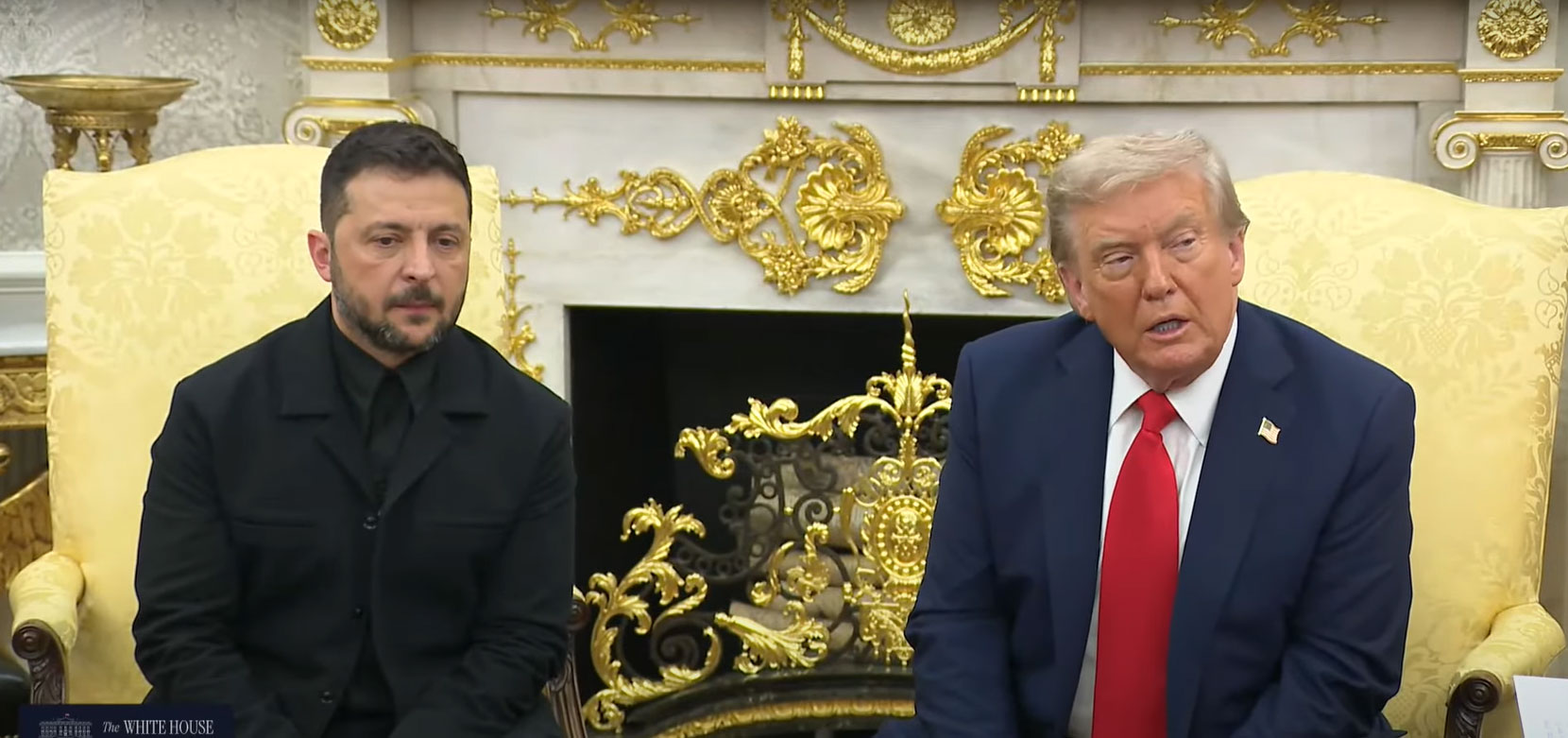
Trump claims breakthrough on Ukraine-Russia peace talks — Kremlin pretends not to hear
Trump-Zelenskyy meeting
As reported by BBC and others, the Oval Office meeting on 18 August included leaders from across Europe, among them UK Prime Minister Keir Starmer, French President Emmanuel Macron, German Chancellor Friedrich Merz, Italian Prime Minister Giorgia Meloni, Finnish President Alexander Stubb, and NATO Secretary General Mark Rutte. The leaders discussed security guarantees for Ukraine, military aid, and future diplomatic steps.
Following the summit, Trump phoned Putin and said the US was preparing for a possible trilateral summit involving Washington, Kyiv, and Moscow. According to Zelenskyy, such a meeting would follow any bilateral contact between the US and Russia.
“We are ready for bilateral with Putin,” Zelenskyy said outside the White House fence.
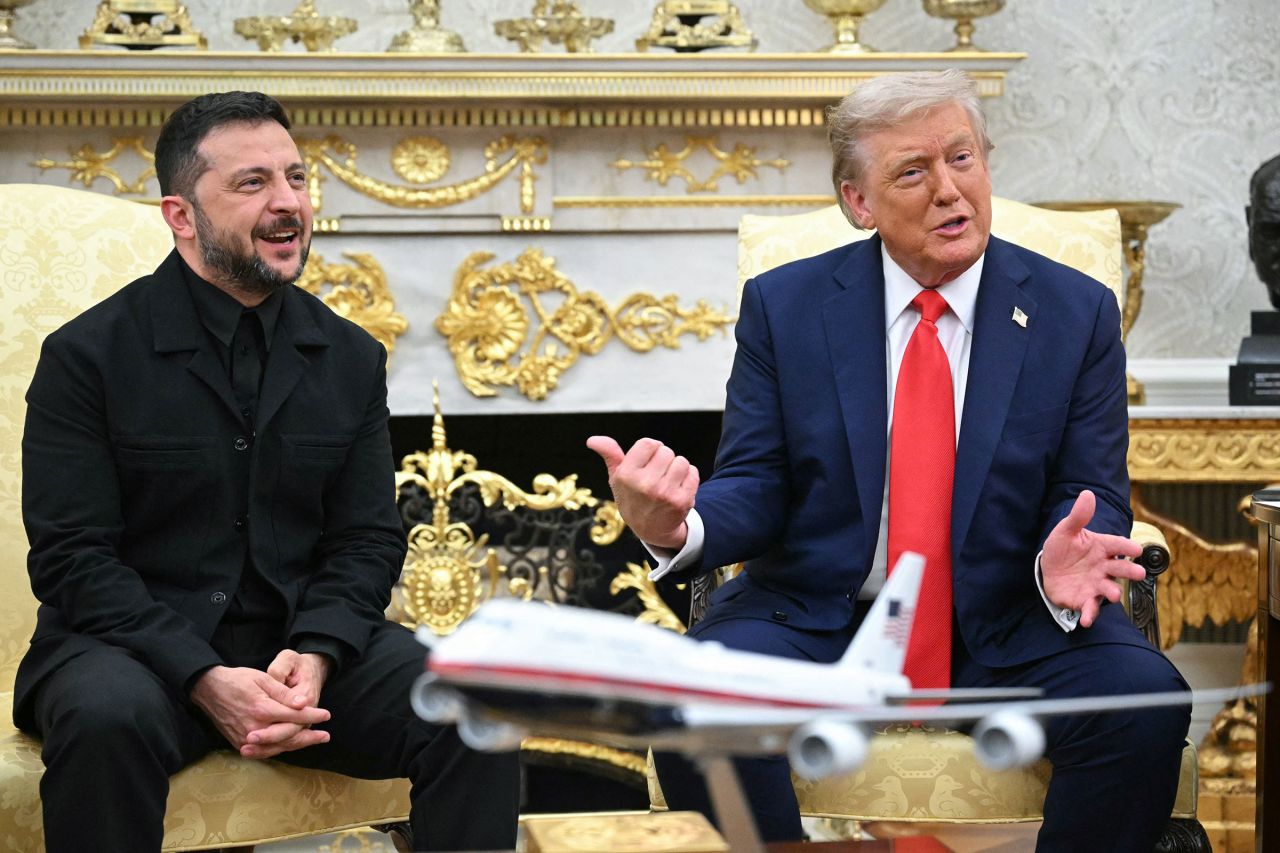
Zelenskyy demands “everything” for security while Trump hints at vague Article 5-like protection
He confirmed that no date had been set for those talks but said that discussions were ongoing.
Macron said European forces may join peacekeeping operations in Ukraine and warned that peace talks could not be delayed for weeks or months. Merz compared Russia’s territorial demands to forcing the US to surrender Florida. Meanwhile, EU Commission President Ursula von der Leyen called again for Russia to return abducted Ukrainian children.
Meanwhile, US Secretary of State Marco Rubio told Fox News that territorial compromises from both sides may be necessary to end the war.
